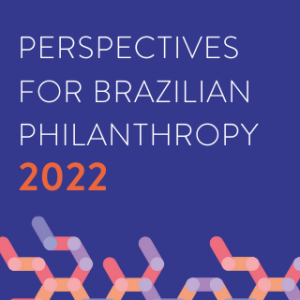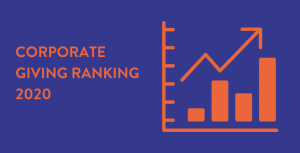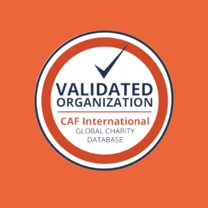A study conducted by the Charities Aid Foundation (CAF), represented in Brazil by IDIS, shows an optimistic society but still quite divided regarding the use of AI by social organizations.
Artificial Intelligence (AI) has moved beyond the realm of science fiction, with applications increasingly present in our daily lives. In 2023, the world witnessed (and experienced) the explosion of ChatGPT, the generative AI platform from OpenAI, which reached 100 million users in just three months—the fastest growth in the history of internet applications. As technology advances, so does the reflection on technical and ethical implications, as well as the opportunities and risks associated with it.
The groundbreaking research ‘What the public think of charities using AI’ conducted by the British organization Charities Aid Foundation (CAF), represented in Brazil by IDIS – Institute for the Development of Social Investment, reveals an optimistic society regarding the adoption of Artificial Intelligence, but with reservations. The study involved over six thousand individuals in 10 countries, including Brazil.
According to the research, 37% of respondents believe that the benefits of using AI outweigh the potential risks, contrasting with the 22% who state the opposite.

“The findings of this study are valuable for delving deeper into the debate on the use of AI in the third sector in Brazil, with the responsibility and ethics that the subject demands,” comments Luisa Lima, Communications and Knowledge Manager at IDIS.

The study further deepens the analysis by calculating net favorability, i.e., the difference between those who are in favor of AI use and those who believe the risks are greater. Globally, this value corresponds to 15%. In the country ranking, Brazil ranks second among those who believe the benefits of AI use outweigh the risks (30%), trailing only behind Kenya (44%). Among the surveyed countries, only in Australia does the majority of the population show skepticism towards AI adoption, believing that risks outweigh opportunities (-4%).
The opportunities highlighted by Brazilian respondents include the potential to assist more people (29%), the ability to respond quickly to emergencies (22%), and making more precise decisions through data analysis (16%). Daniel Assunção, founder and CEO of Atados, shared his insights on the study results, expressing optimism about the use of AI, particularly in emergency situations such as floods. He emphasized the potential benefits, including proactive risk mapping and informing the population before disasters, optimizing resource distribution during response, and evaluating response quality through data analysis.
Regarding risks for third-sector organizations, Brazilian respondents cited data security (30%), job reduction (26%), and the generation of biased information and decisions (14%) as the most prominent. To mitigate these potential issues, Rodrigo Pipponzi, President of the MOL Group Council, emphasized the importance of governance structures in analyzing how the tool should be used in organizations. He stated that organization boards can play a crucial role not only in facilitating tool adoption but also in supporting its regulation and mediating technology use within institutions.
Gradually, AI is being adopted by civil society organizations, as reported by Kiko Afonso, the executive director of Ação da Cidadania. “Today, we use AI for communication, running sponsored ads on platforms like Google or Facebook and generating images, for example. We also see significant potential for its use in fundraising, as it can help us better understand the profile of our donors and create strategies based on that knowledge”. The research reveals that the public is attentive and interested in how NGOs apply technology, with only 13% stating they would pay little or no attention to its use by the organizations they support. In developing countries, including Brazil, 73% said they would pay much attention to this point, higher than the 40% in higher-income countries.
The results indicate that the public recognizes the opportunities generated by Artificial Intelligence but expects caution and transparency to understand how and why organizations are using AI to fulfill their mission. They also acknowledge that there should be investment for AI to be adopted by all types of organizations, avoiding creating inequalities in the sector.
Complete data is available on the CAF website.
Leadership Perceptions of Brazilian NGOs on the Research Results:
Daniel Assunção, Founder and CEO of Atado
“I am optimistic about the use of technologies. AI can optimize our activities, and people will have more time to undertake and dedicate themselves to actions that contribute to reducing inequalities, such as volunteering”.
“The regulation of technology use is still low, and in the short term, it can intensify inequalities and biases. In the long run, the trend is that this will be overcome”.
“In the organization where I work, we connect people interested in volunteering to social organizations. We are looking at the incorporation of technologies in general, and AI in particular, to improve the experience of our users and organizations, streamline processes and content production, as well as accelerate innovation”.
“In Brazil, the technology culture among social organizations is still low. I see few organizations innovating through its use, but as they become more popular, I believe many will start adopting it in their processes”.
“AI has the potential to generate more opportunities for individual engagement and activism. On the other hand, there is a risk that recommendations still have many biases, so it is important to invest in actions that contribute to critical thinking”.
“The response to emergencies is still carried out in a less structured manner in Brazil. Donations happen, but there is a lack of processes, coordination, and articulation between actions to distribute resources, support those affected, and mitigate damages. The use of AI can contribute in numerous ways. Even before disasters, by mapping potential risks and informing the population about the imminent threat. It can also be beneficial during the response, optimizing the distribution of resources and communication among all involved, as well as afterward, evaluating the quality of the response through the cross-referencing of available data”.
Rodrigo Pipponzi, President of the MOL Group Council
“The third sector faces a scarcity of resources. I believe that in situations of limitation, artificial intelligence can play a complementary role. It can be used where you typically lack manpower, speed, or agility, but I still see little knowledge about its application”.
“I have an optimistic view and believe that the benefits outweigh the drawbacks. However, I think there is a considerable risk associated with society not fully understanding the use of this tool. One of the main risks, in my opinion, is the disconnection from causes. There is a danger of dehumanizing something very human, transferring the responsibility of decisions that often involve emotional and intuitive aspects to AI”.
“None of the organizations I am currently involved in incorporates Artificial Intelligence as an established tool. Our use is more focused on experimentation, lacking a structured policy”.
“Organization boards should play a very important role, not only facilitating the adoption of tools but primarily regulating their use and mediating technology use within institutions”.
Rodrigo “Kiko” Afonso, Executive Director of Ação da Cidadania
“The concerns presented in the research are also my concerns as a leader of a Non-Governmental Organization (NGO). Among the factors, what currently concerns me the most is the potential for biases, as this can indeed lead to wrong decisions. Currently, the algorithm can contribute to processing large volumes of data, but it can never replace people in making important decisions, as this involves cultural and social aspects that are subjective”.
“In Ação da Cidadania, we currently use AI for communication, running sponsored ads on platforms like Google or Facebook, and generating images, for example. We also see great potential for its use in fundraising, as it can help us better understand the profile of our donors and create strategies based on that knowledge”.
“Currently, NGOs in Brazil use AI very little. I believe that its use can generate positive results, but organizations must have clarity about the fundamentals of the technology. Otherwise, the risk of making biased and even disastrous decisions is high”.
“In Brazil, we are still poorly prepared to face emergencies. In the short term, I believe AI can contribute to identifying potential tragedies and warning populations that may be affected”.
ABOUT CAF
The Charities Aid Foundation (CAF) is a group of three social organizations based in the United Kingdom, Canada, and the United States, specializing in secure and effective international donations. Together, they work with companies and philanthropists to support them and ensure that money reaches the core causes of their private social investment strategies. In the UK, CAF also operates CAF Bank, offering dedicated banking services to support over 14,000 social organizations based in the UK. Through the CAF International network, it is present on all continents, with IDIS representing it in Latin America.
ABOUT IDIS
IDIS – Institute for the Development of Social Investment is a civil society organization founded in 1999 and pioneer in technical support to social investors in Brazil. With the mission to inspire, support and promote strategic philanthropy and its impact, we serve individuals, families, companies, corporate and family run institutes and foundations, as well as with civil society organizations, in actions that transform realities and contribute for the reduction of social inequality in the country.
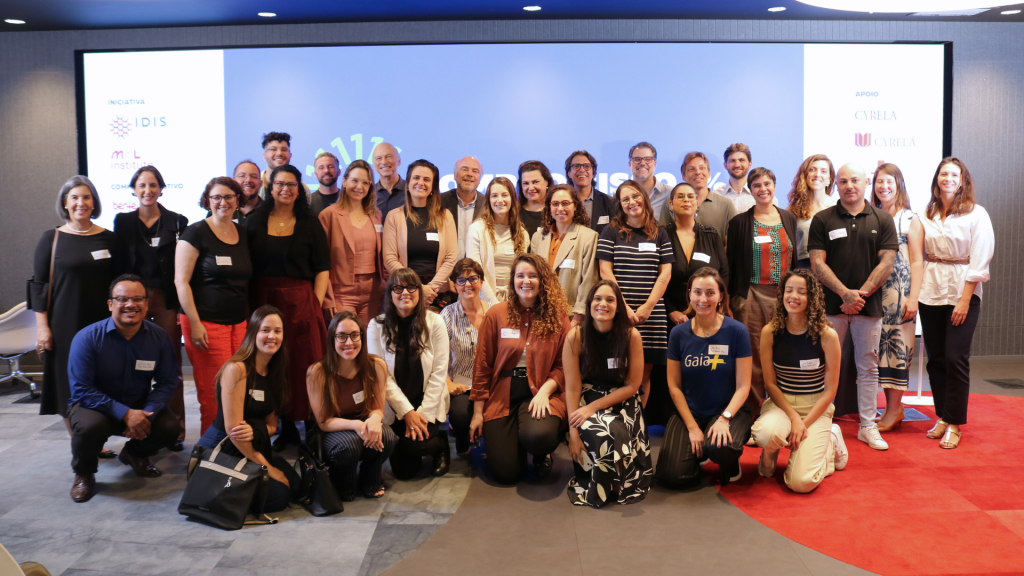

 “We’re not able to live properly. Living properly is not only living well, living properly is making all of us, regardless of being Indigenous people or the quilombolas or non-indigenous populations, but it’s also for all of us to have a quality of life and for us to be able to make everyone have air that we can breathe in with quality. But all of these responsibilities are placed on the indigenous populations because of the forests, because of the Amazon where we are inserted. And I would like to say that it is not a responsibility of the Indigenous populations, it’s a responsibility that we all have: the Indigenous people, the representatives of companies and organizations that are here, all the citizens and especially the government, because the Brazilian government has the duty of guaranteeing our rights”, says Claudia.
“We’re not able to live properly. Living properly is not only living well, living properly is making all of us, regardless of being Indigenous people or the quilombolas or non-indigenous populations, but it’s also for all of us to have a quality of life and for us to be able to make everyone have air that we can breathe in with quality. But all of these responsibilities are placed on the indigenous populations because of the forests, because of the Amazon where we are inserted. And I would like to say that it is not a responsibility of the Indigenous populations, it’s a responsibility that we all have: the Indigenous people, the representatives of companies and organizations that are here, all the citizens and especially the government, because the Brazilian government has the duty of guaranteeing our rights”, says Claudia.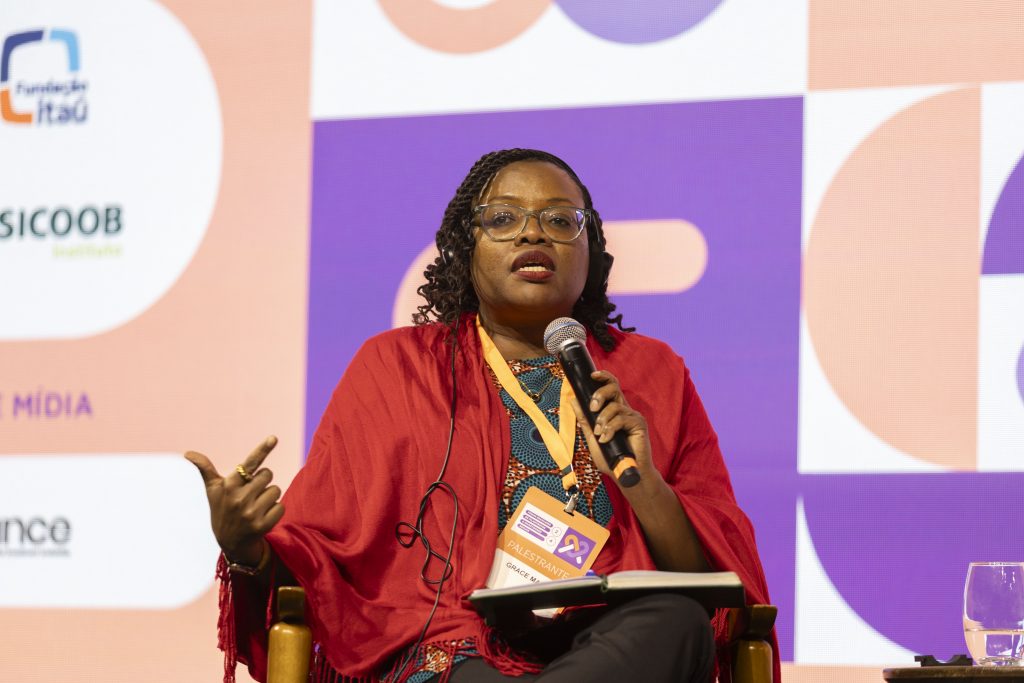
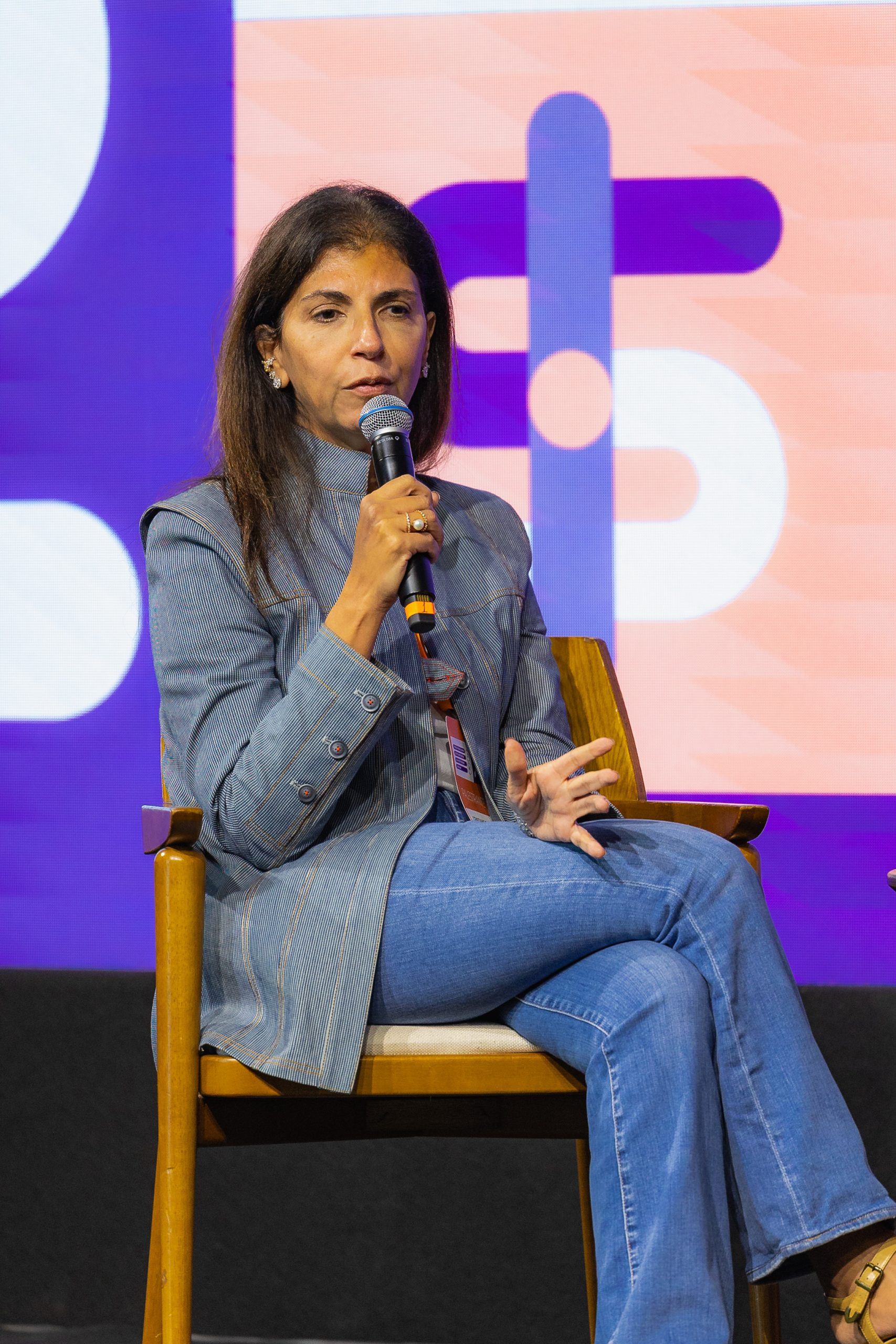 Reinforcing the importance of acting collectively and hearing different actors, Cristiane Sultani talked about how, in her philanthropic path, meeting, listening and collaborating with people were the key aspects that transformed her journey in the field. Since she founded Beja Institute, in 2021, she has tried ‘to philanthrope’, as she likes to say, in a strategic and collaborative way, although she recognizes that she is not always able to do so. The hearing of the sector’s demands, researching global philanthropic tendencies and inspirational success stories helped her along her own process.
Reinforcing the importance of acting collectively and hearing different actors, Cristiane Sultani talked about how, in her philanthropic path, meeting, listening and collaborating with people were the key aspects that transformed her journey in the field. Since she founded Beja Institute, in 2021, she has tried ‘to philanthrope’, as she likes to say, in a strategic and collaborative way, although she recognizes that she is not always able to do so. The hearing of the sector’s demands, researching global philanthropic tendencies and inspirational success stories helped her along her own process. 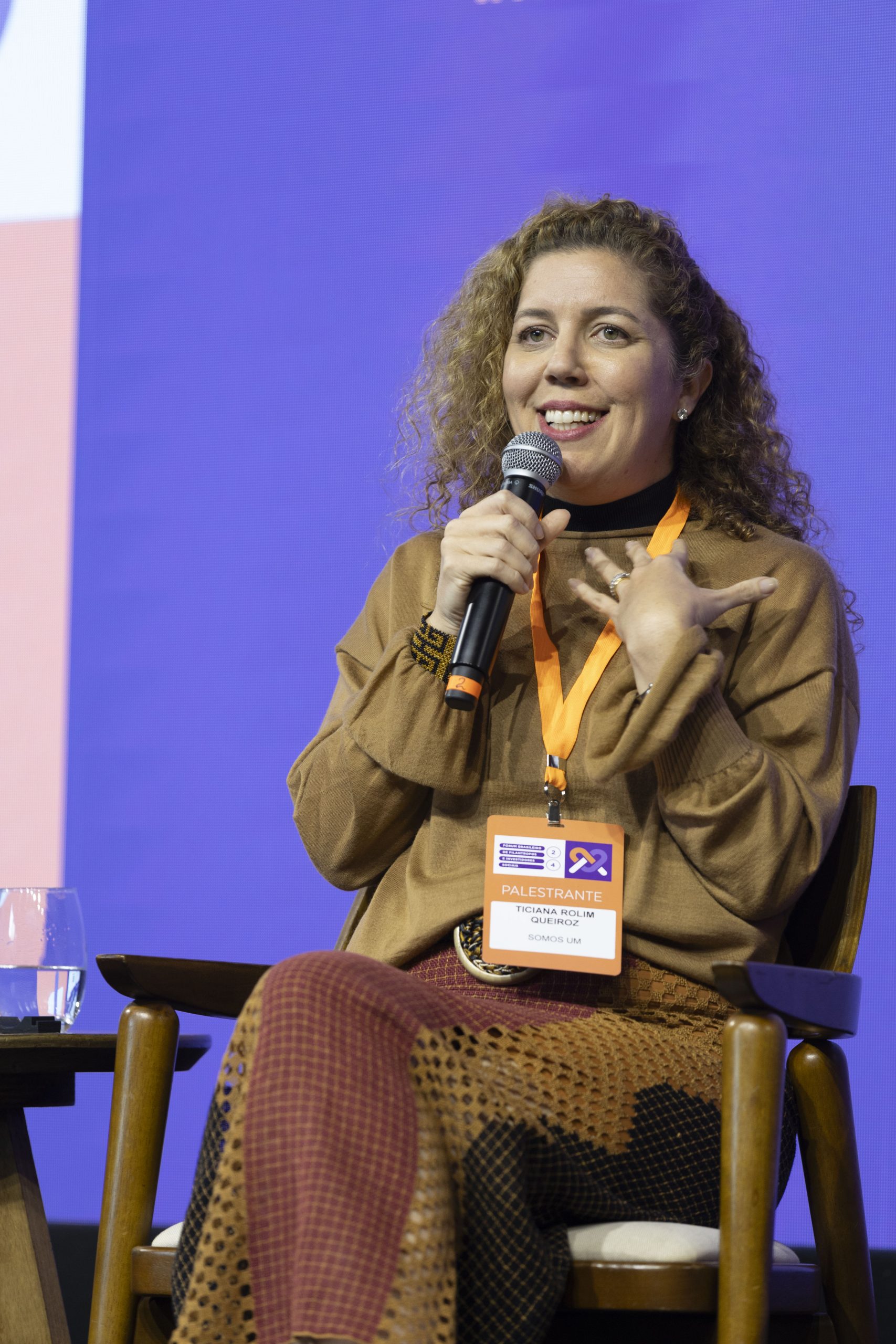
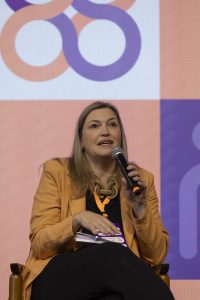

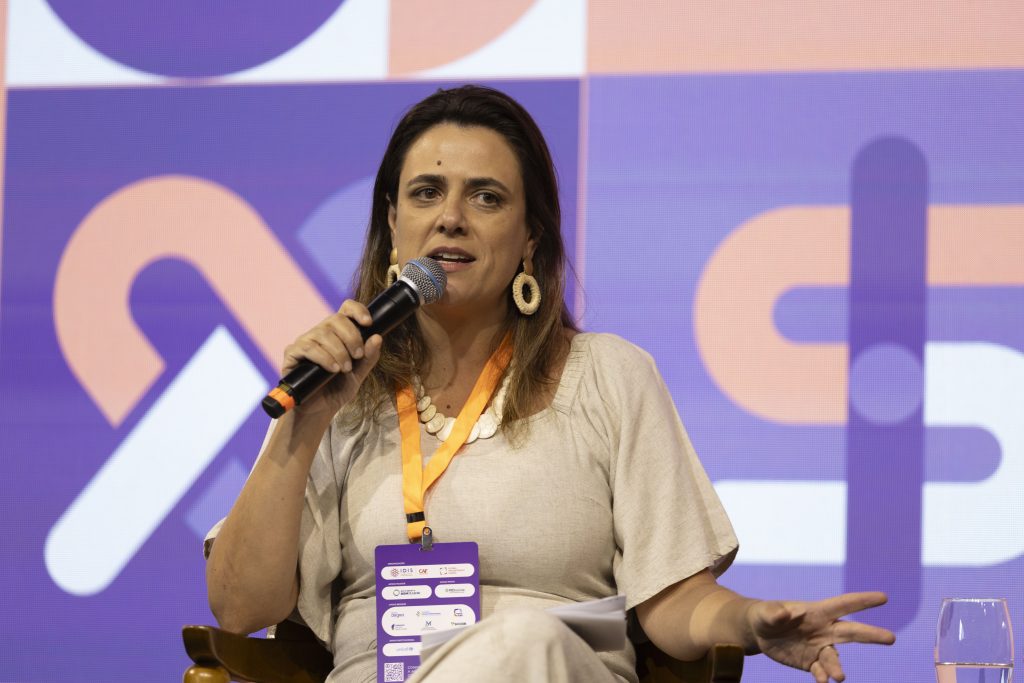
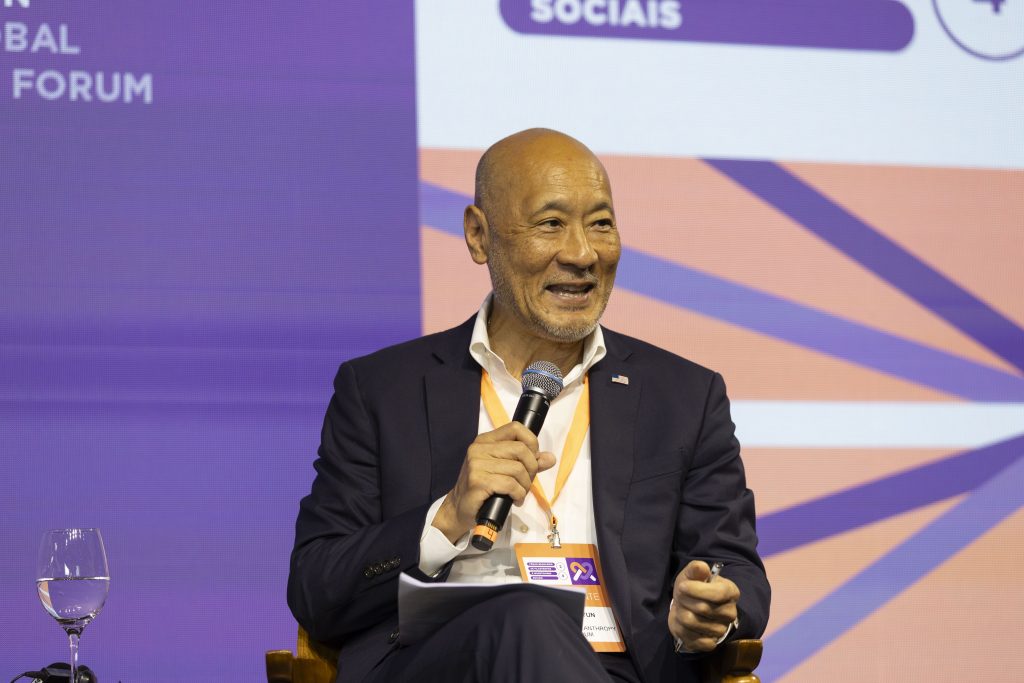
 Amongst the many meanings of the Portuguese polysemic word ‘nós’, one of the most commonly used is to say ‘us’. But the panelist’s speeches pointed out a meaning of the word contrary to this word: the lack of collectivity – maybe the main challenge we must face in contemporary society. Sergio Fausto, General Director of Fundação Fernando Henrique Cardoso, says:
Amongst the many meanings of the Portuguese polysemic word ‘nós’, one of the most commonly used is to say ‘us’. But the panelist’s speeches pointed out a meaning of the word contrary to this word: the lack of collectivity – maybe the main challenge we must face in contemporary society. Sergio Fausto, General Director of Fundação Fernando Henrique Cardoso, says: 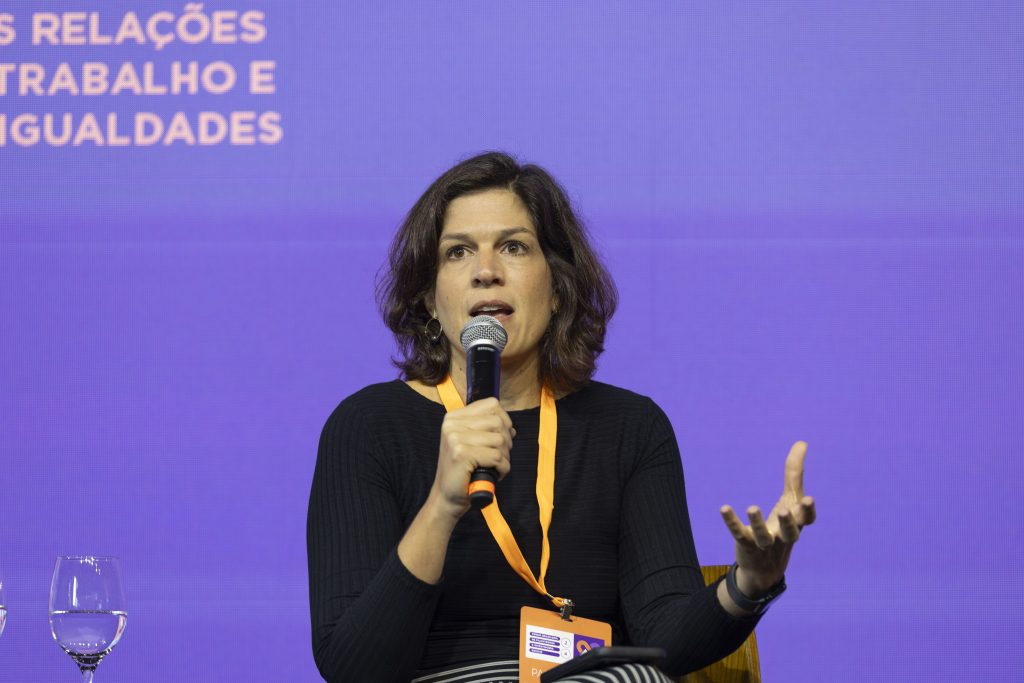
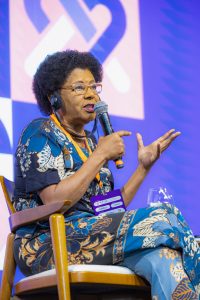 Cida Bento, cofounder of the Center for Studies on Labor Relations and Inequalities, reinforces the importance of collectivity through the establishment of networks, and she goes even further defending a change in the power structure, bringing more diversity and, therefore, plurality of voices and interests to philanthropy. The search for solutions and the decision-making process lacks perspective from the part of the population that has been historically marginalized, the one’s who suffer with social, economic and environmental challenges in the current reality.
Cida Bento, cofounder of the Center for Studies on Labor Relations and Inequalities, reinforces the importance of collectivity through the establishment of networks, and she goes even further defending a change in the power structure, bringing more diversity and, therefore, plurality of voices and interests to philanthropy. The search for solutions and the decision-making process lacks perspective from the part of the population that has been historically marginalized, the one’s who suffer with social, economic and environmental challenges in the current reality.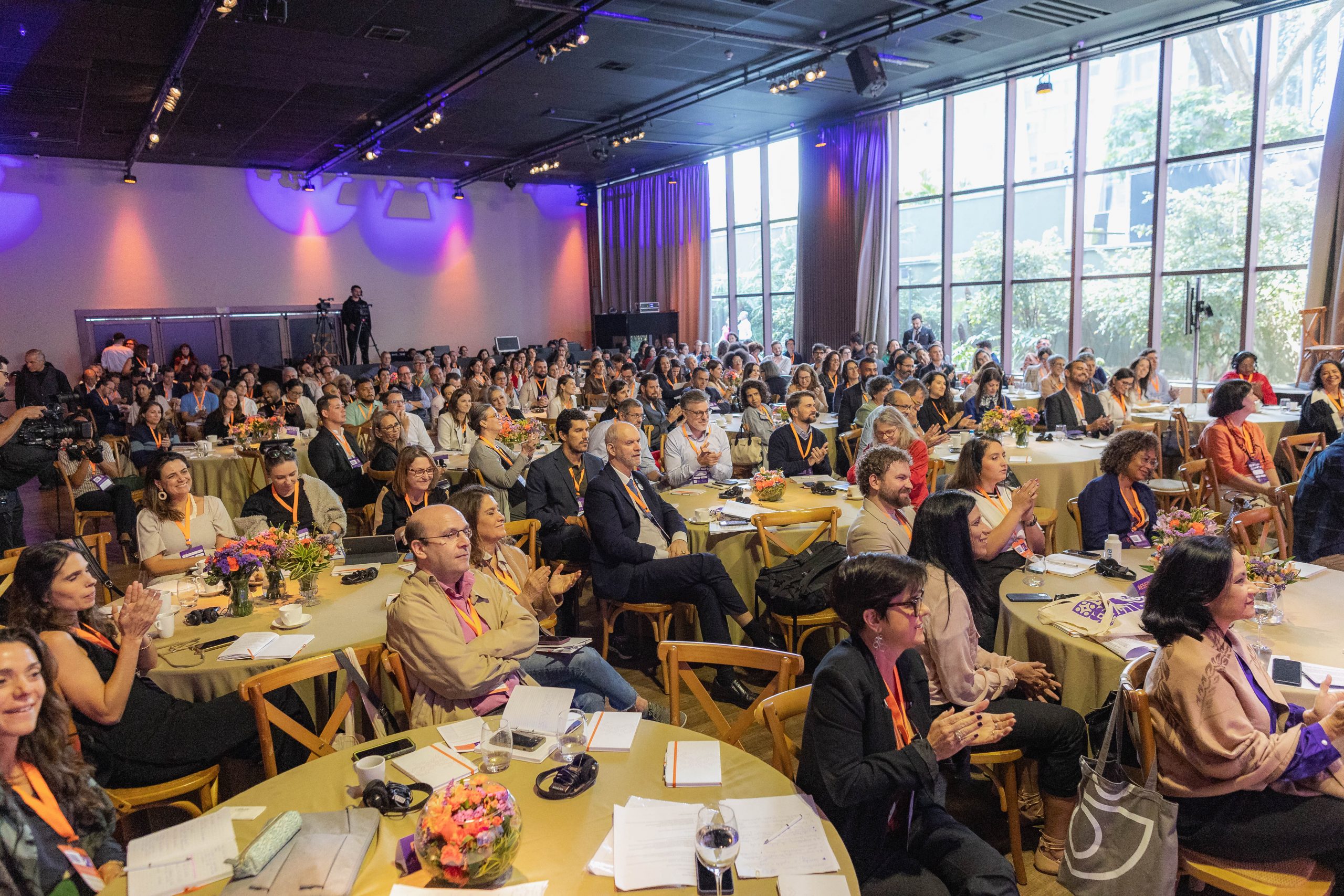
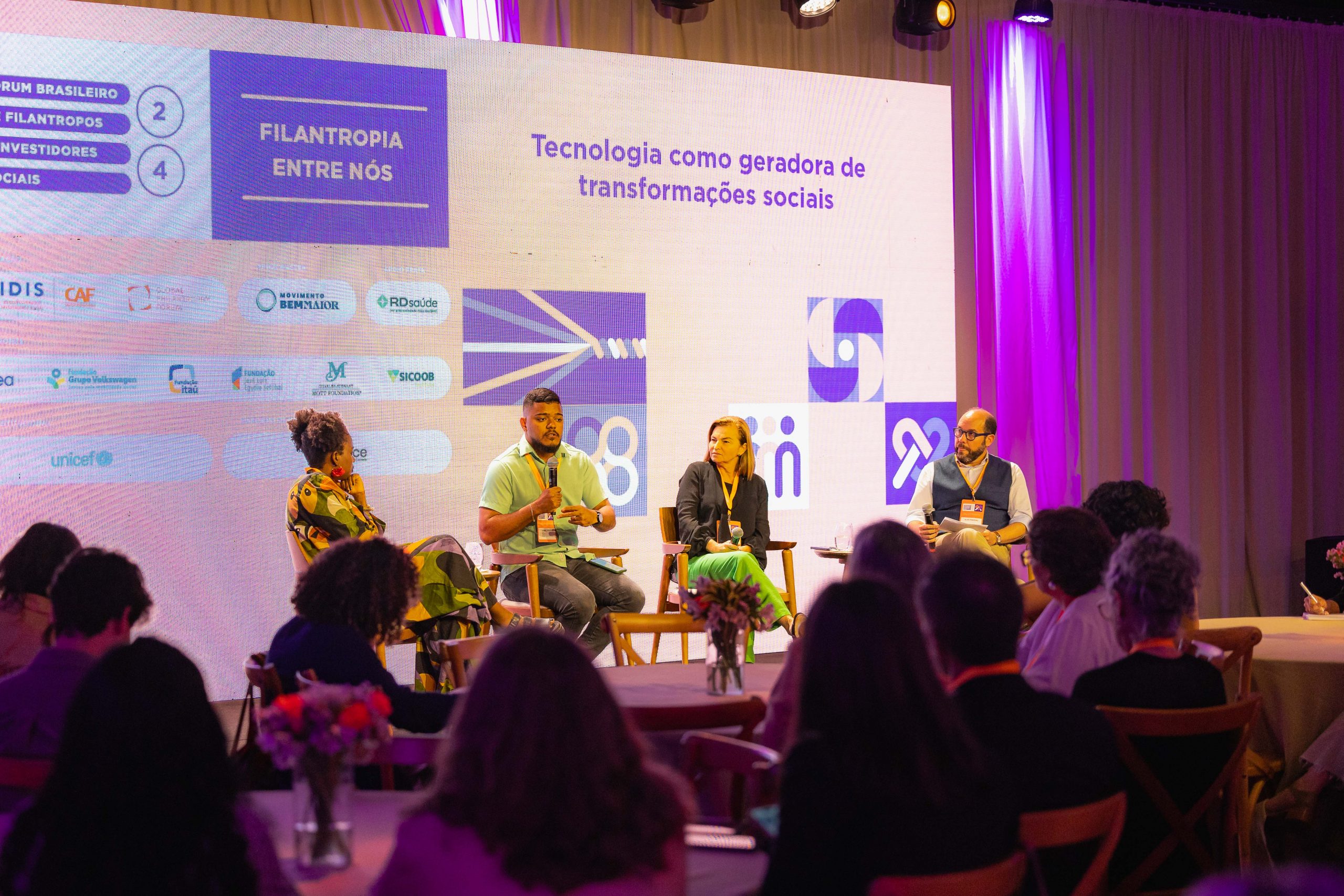
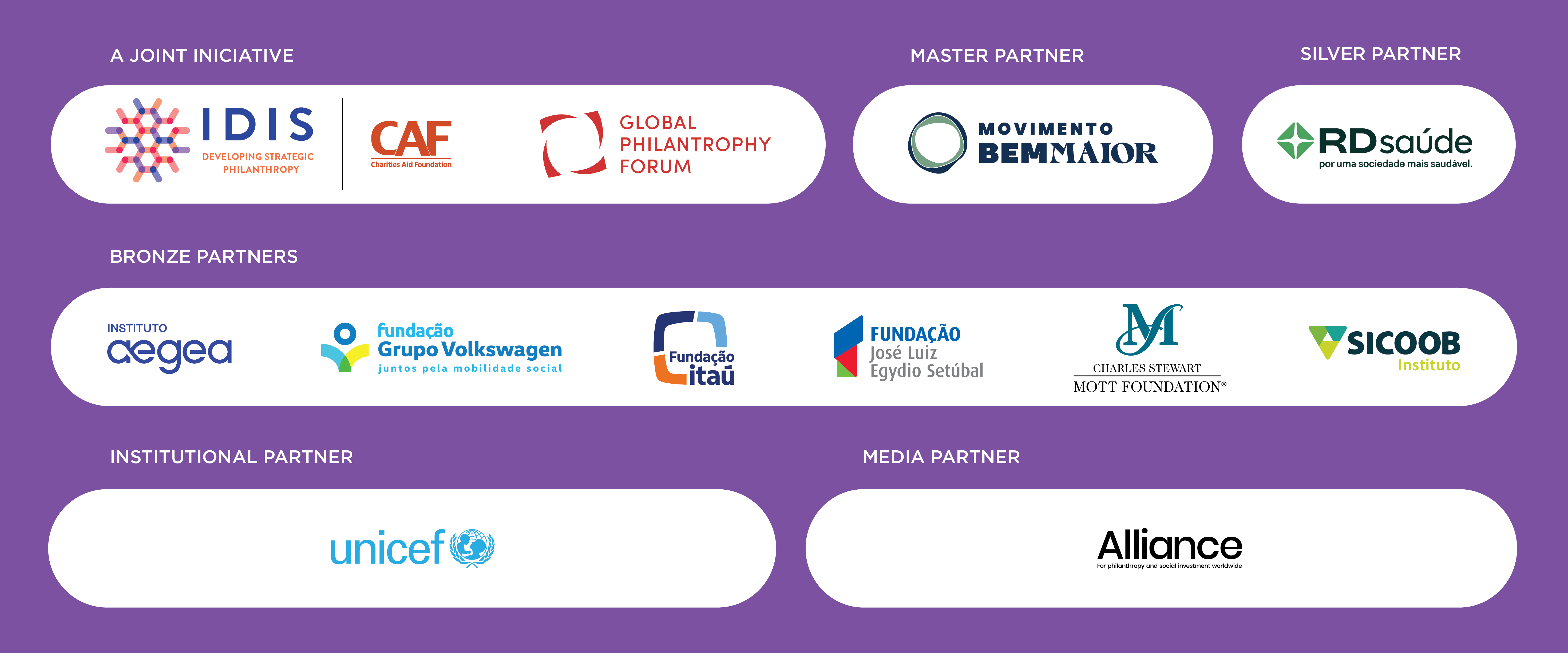
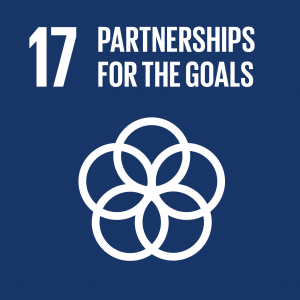
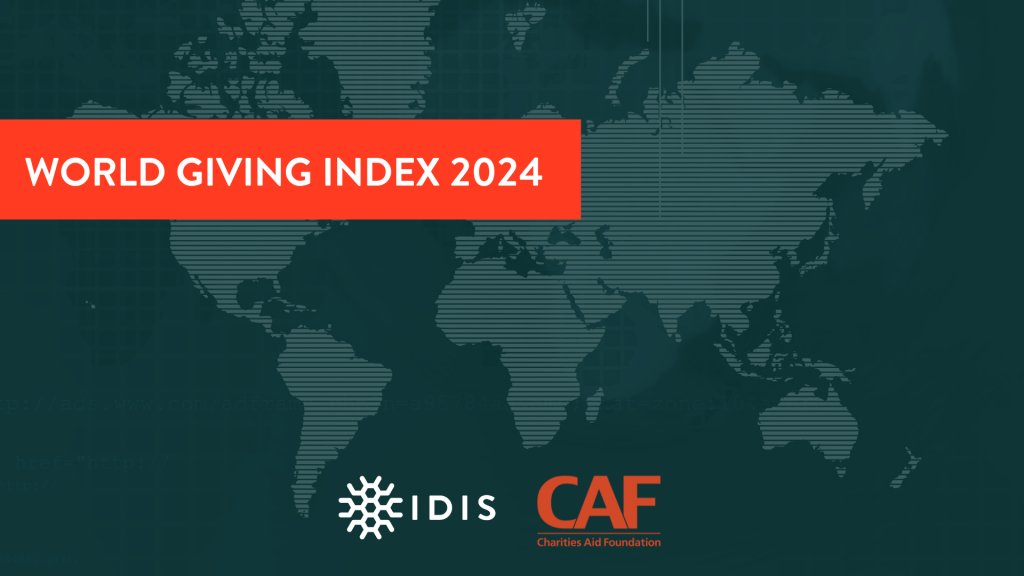
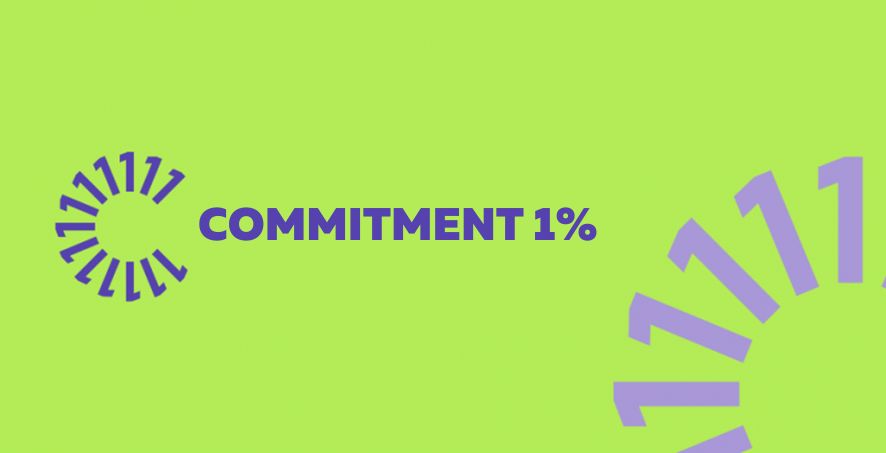
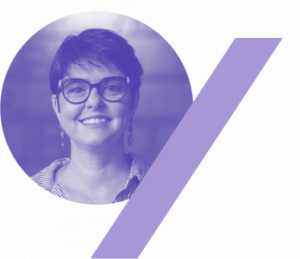
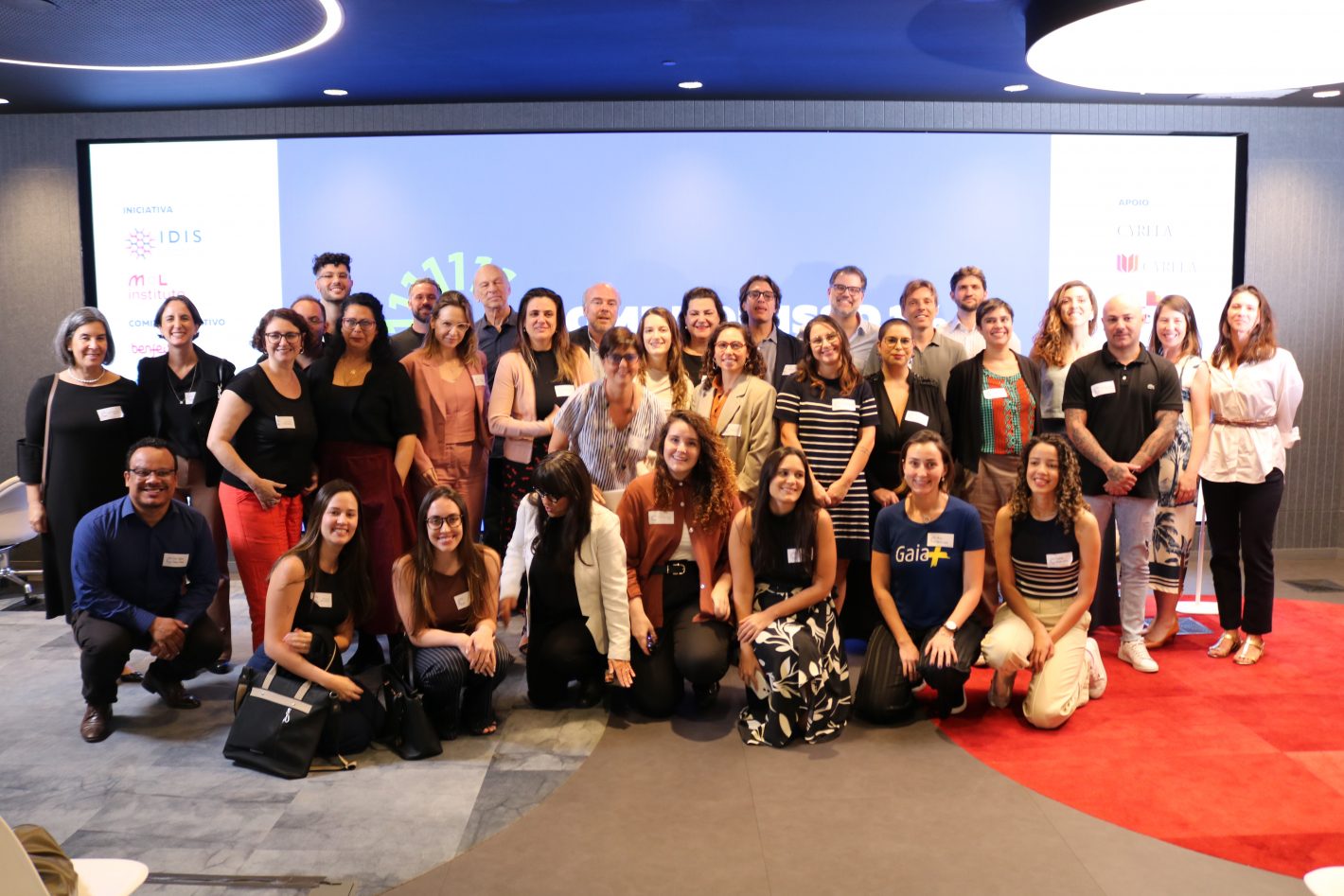



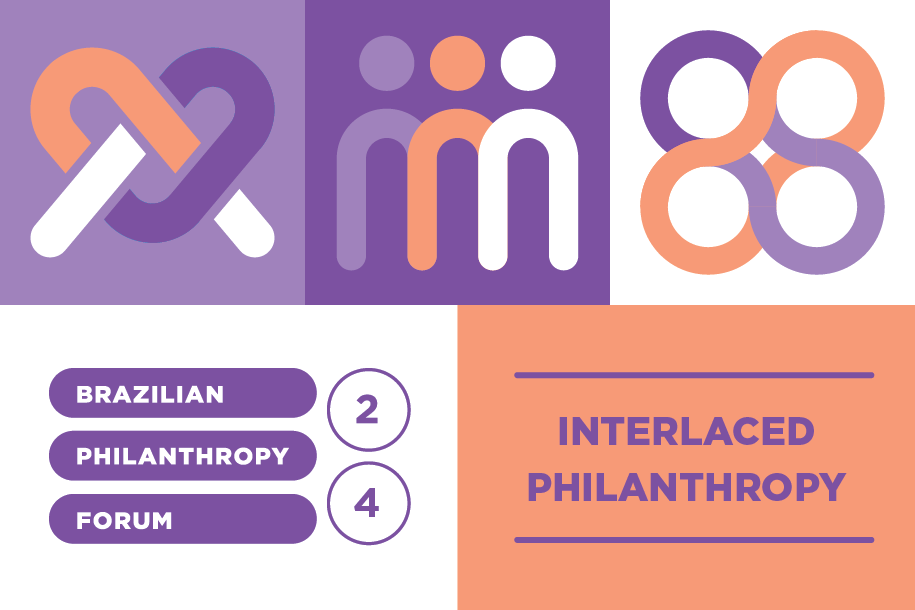

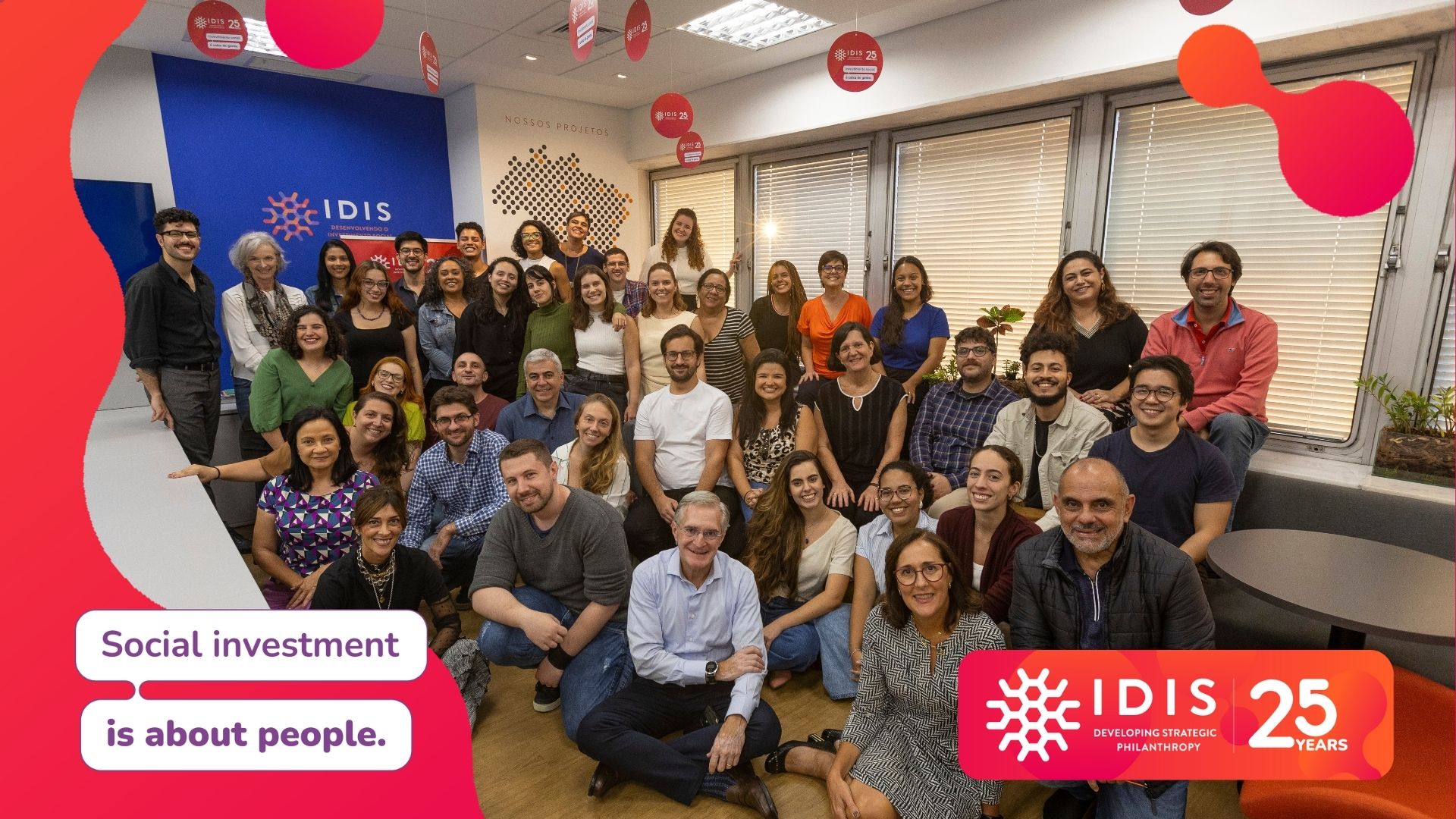
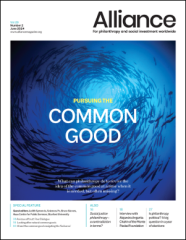
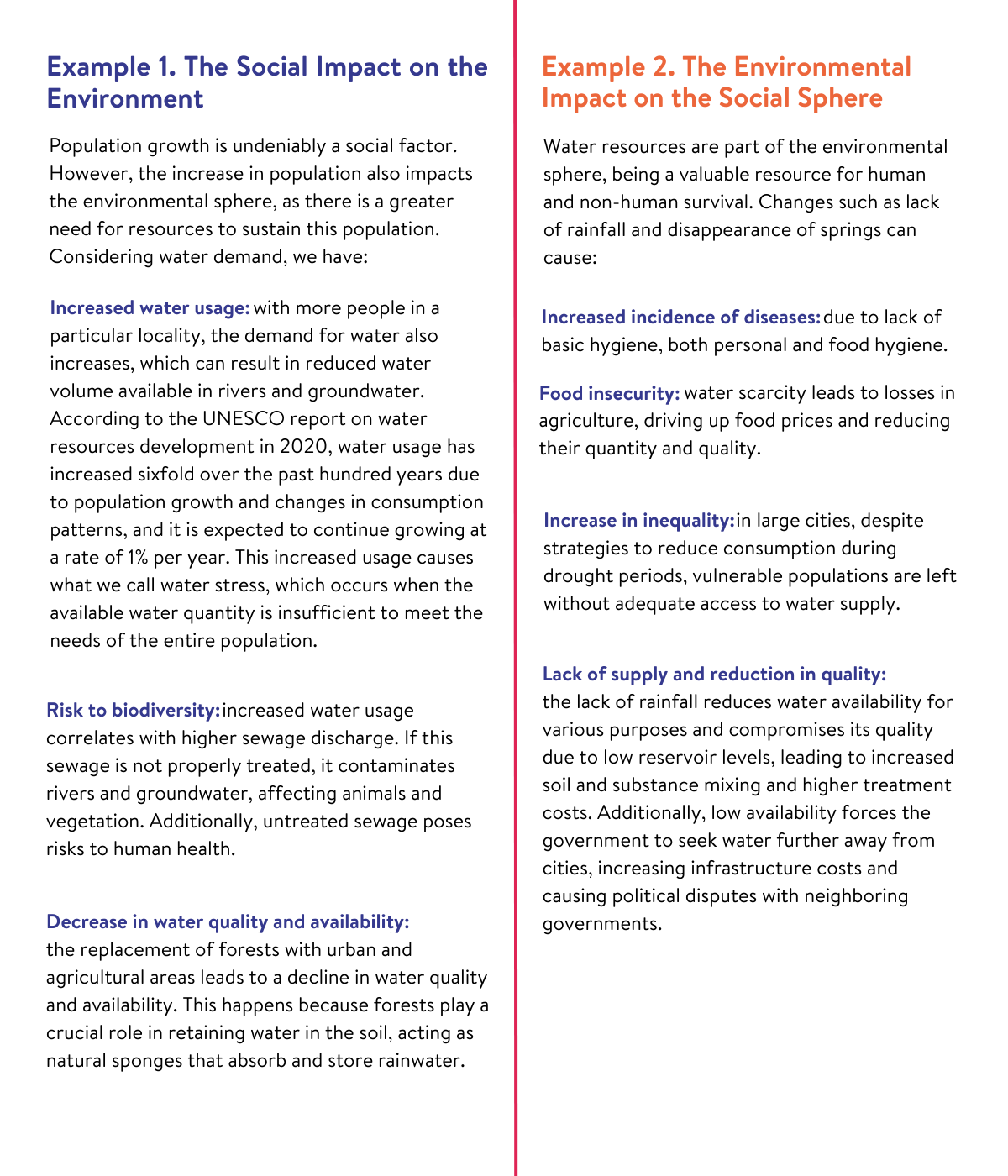
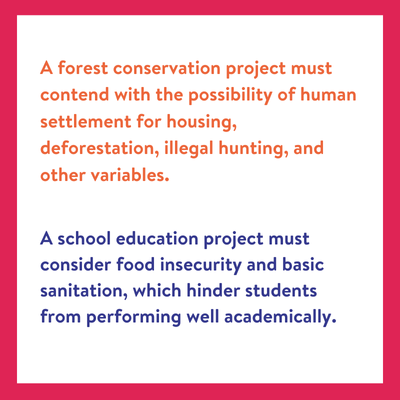


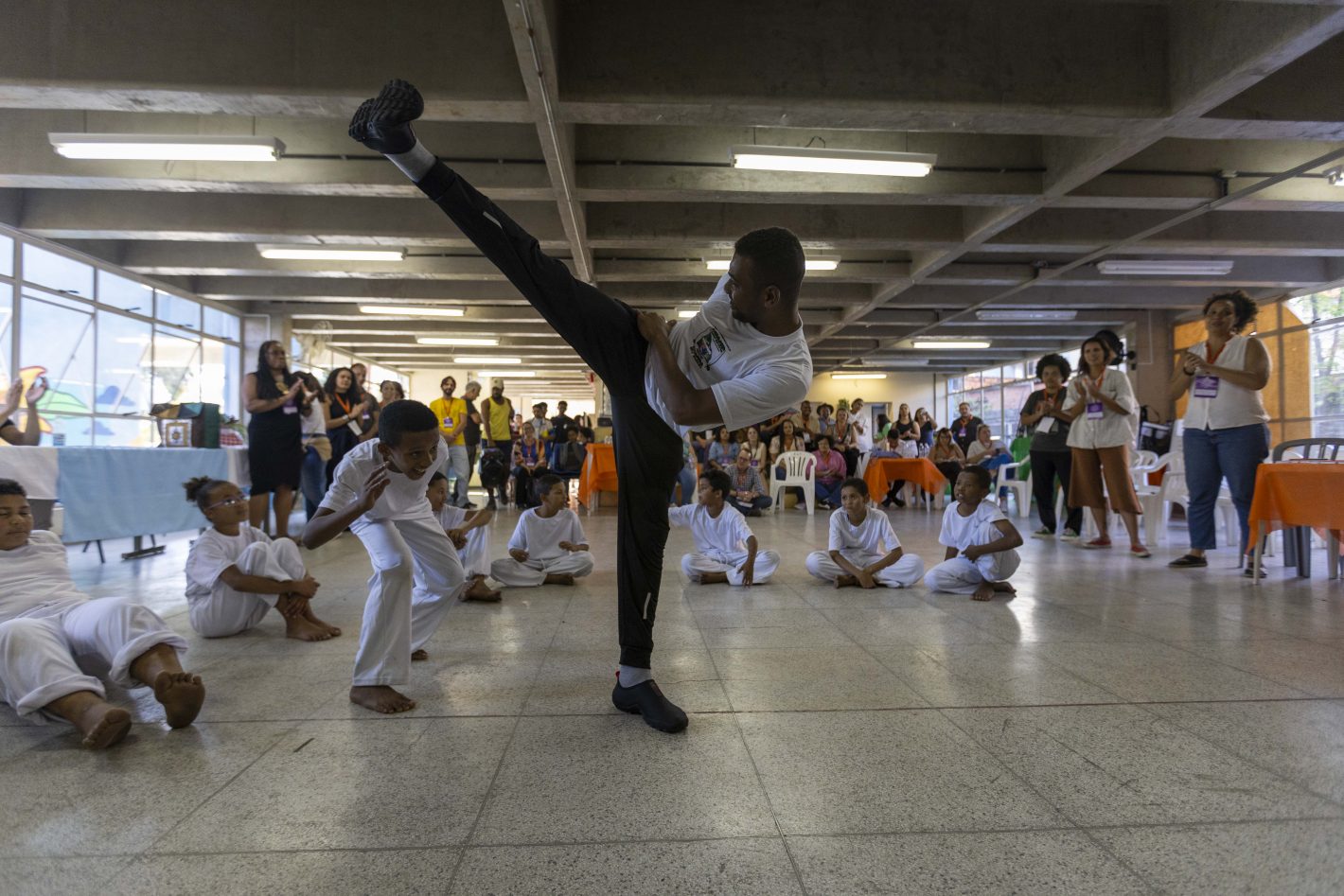
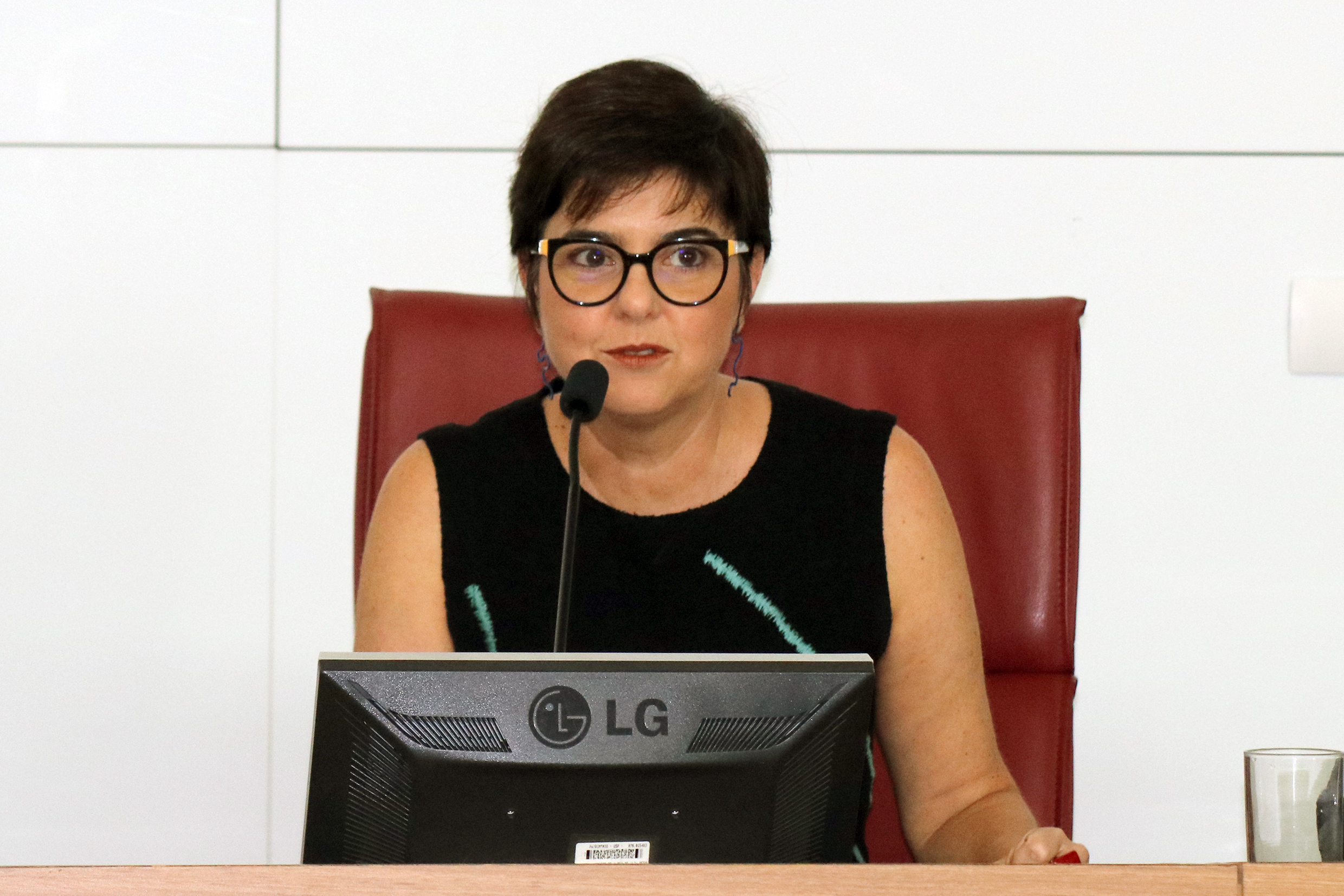

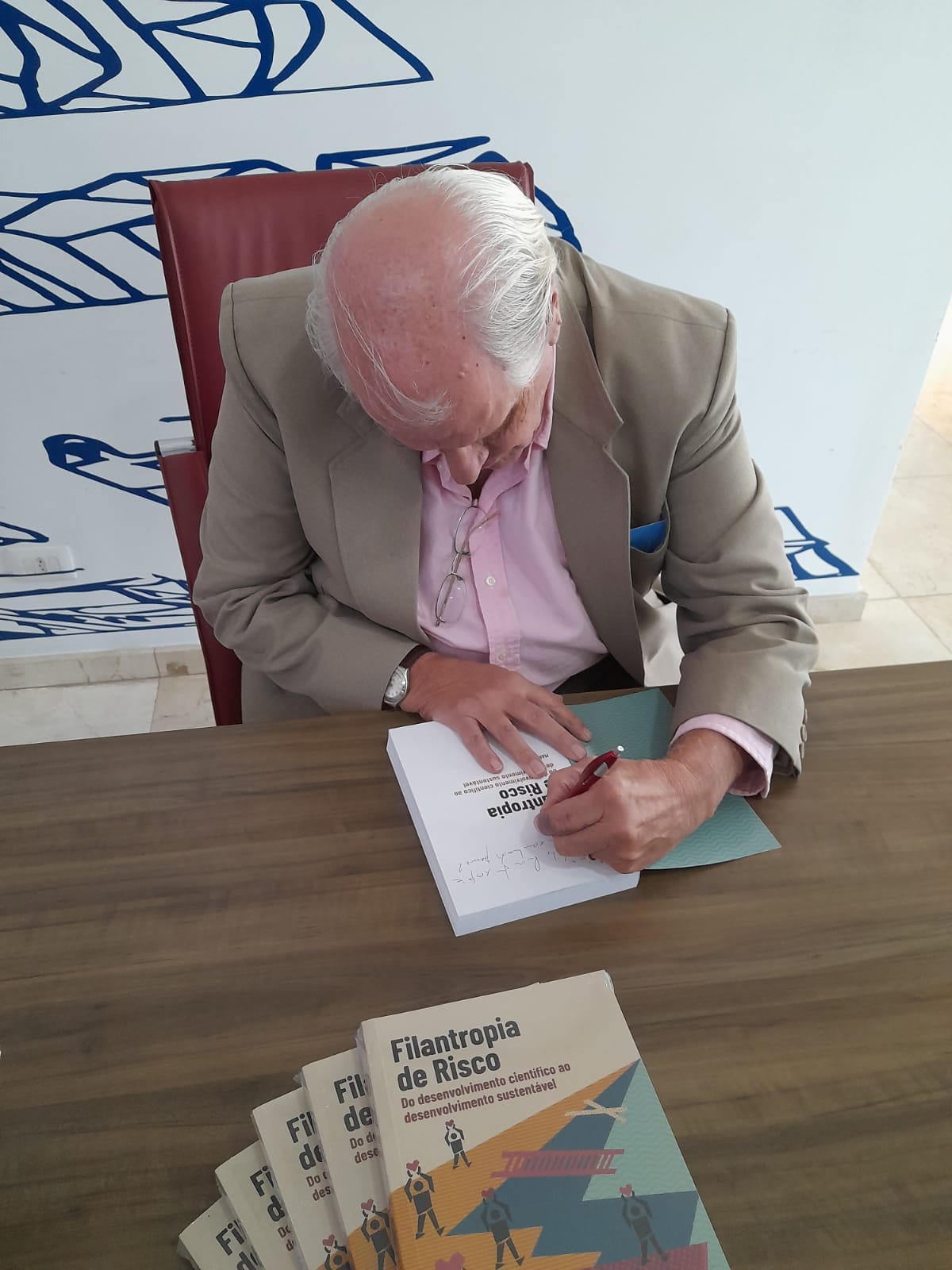

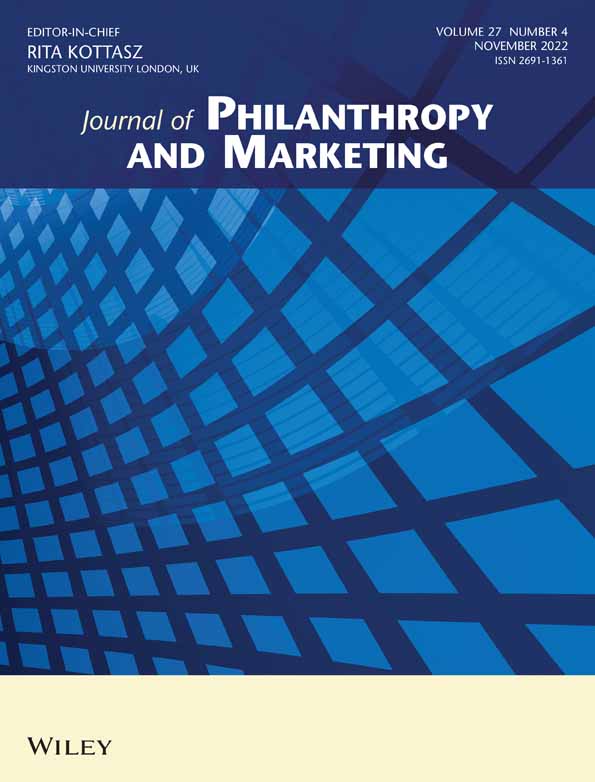
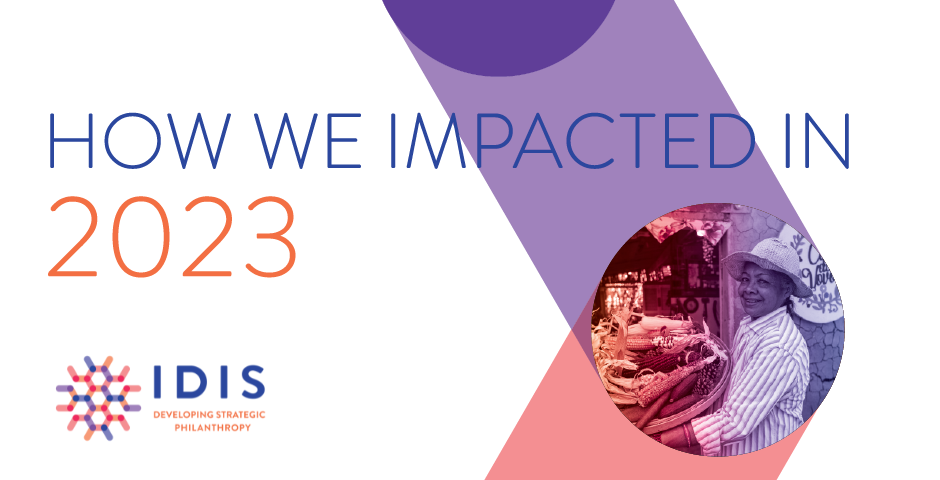
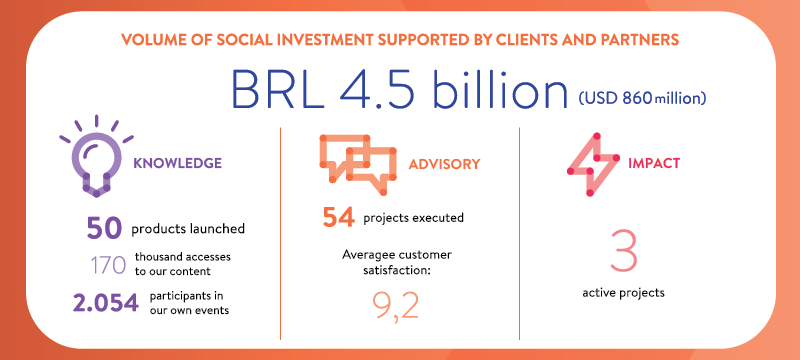
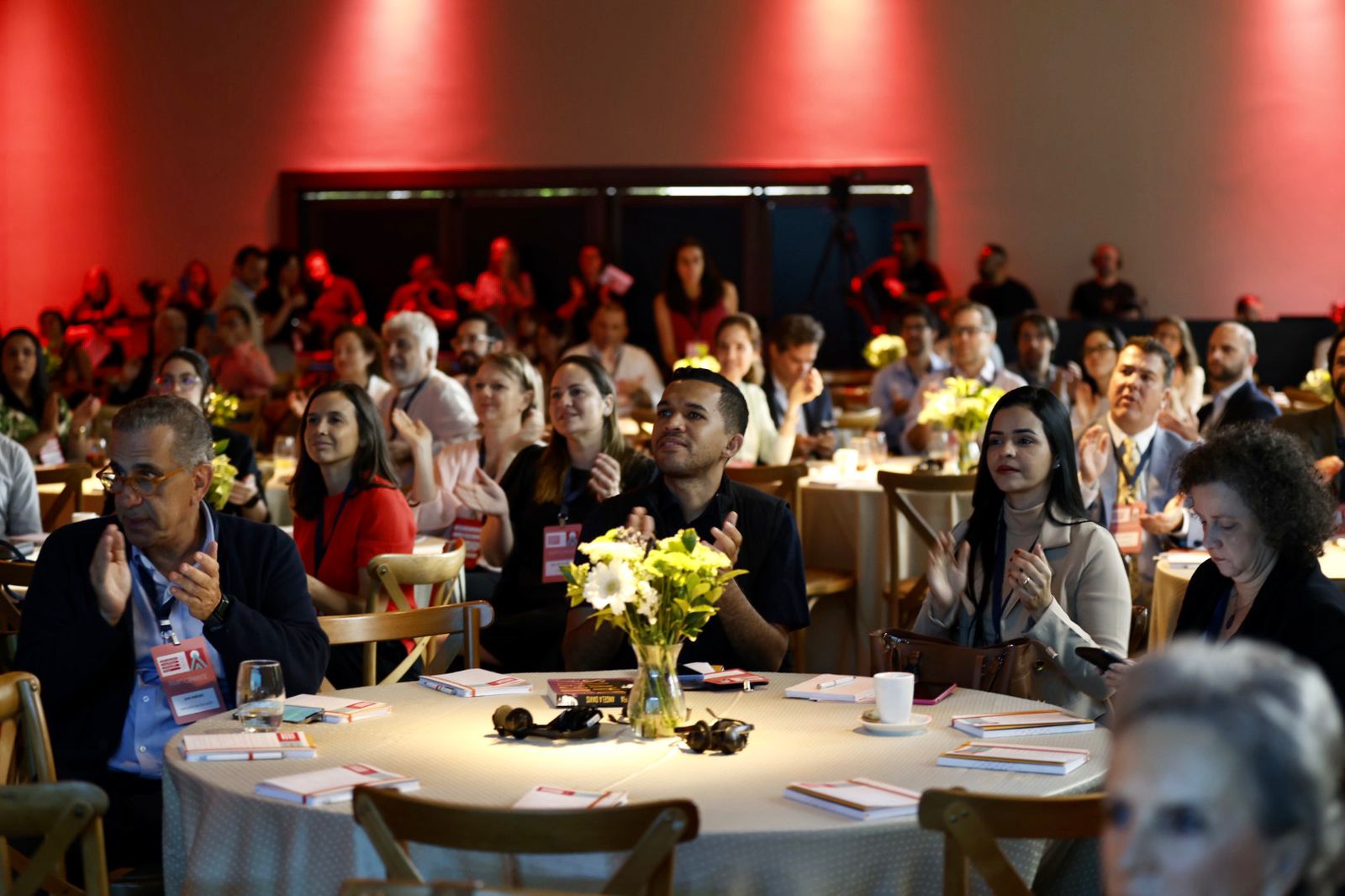
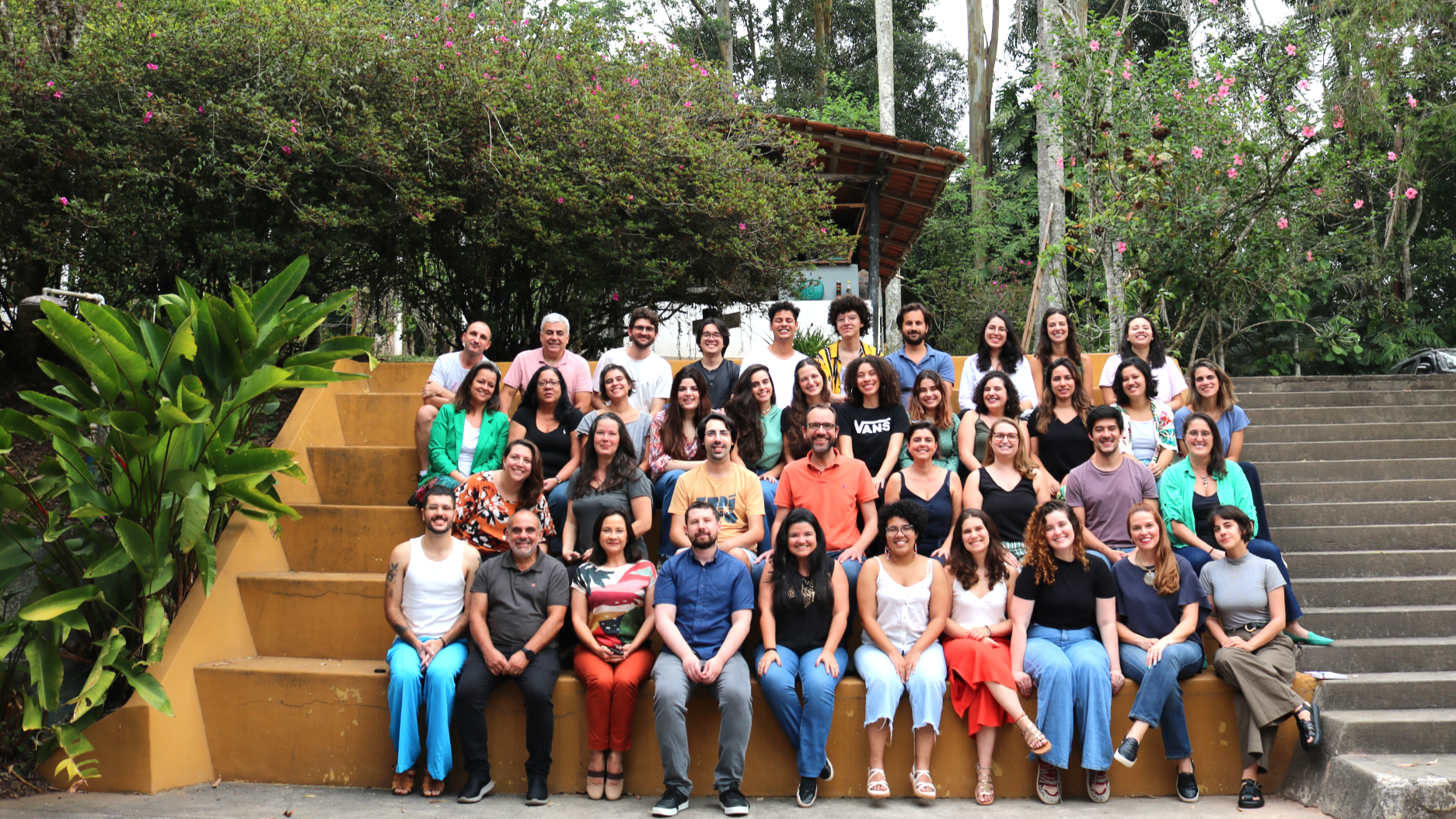

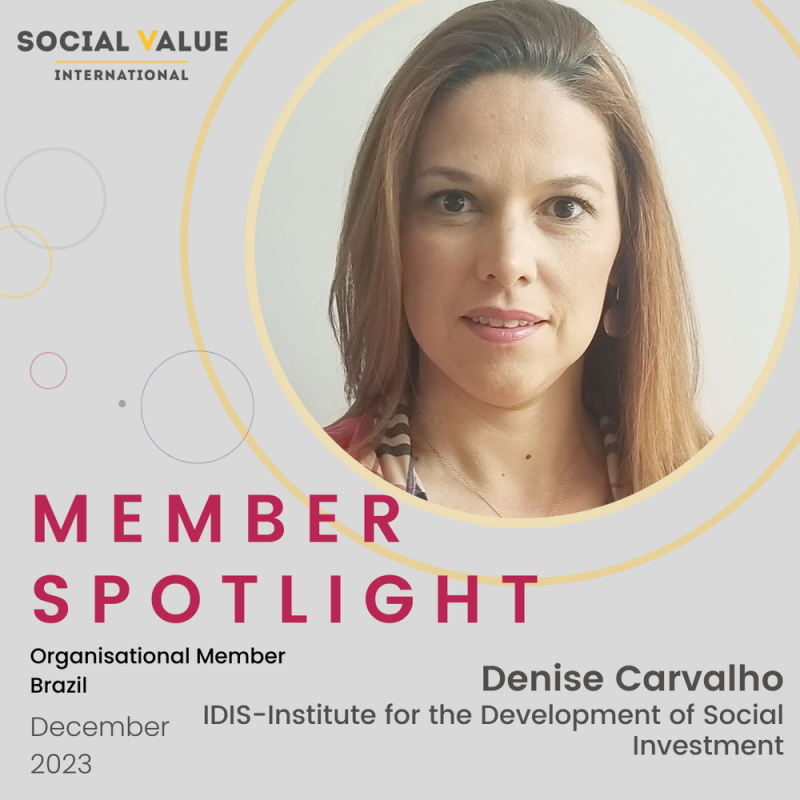


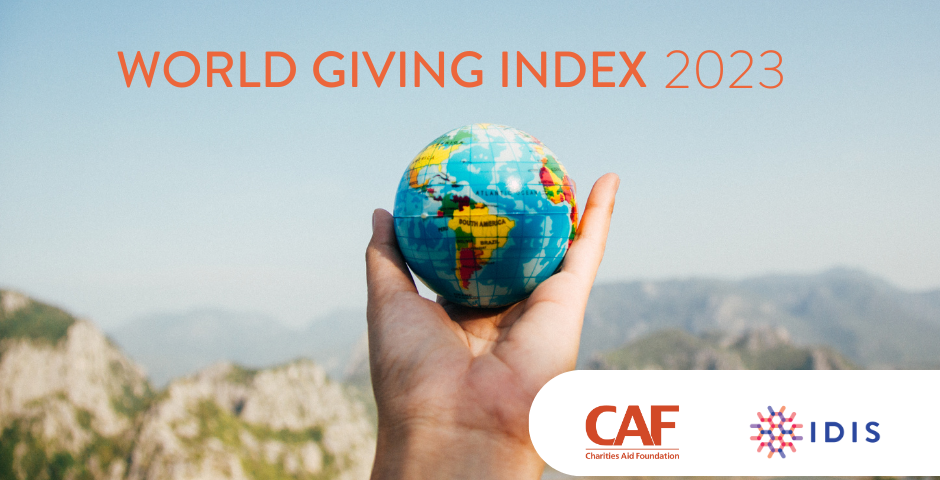
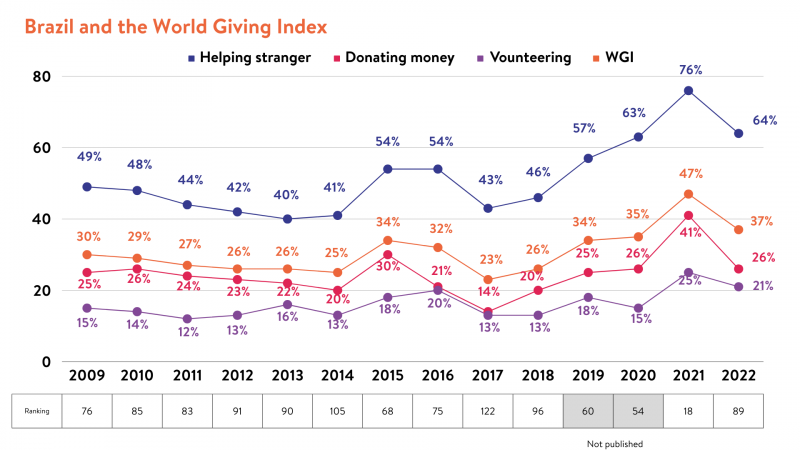
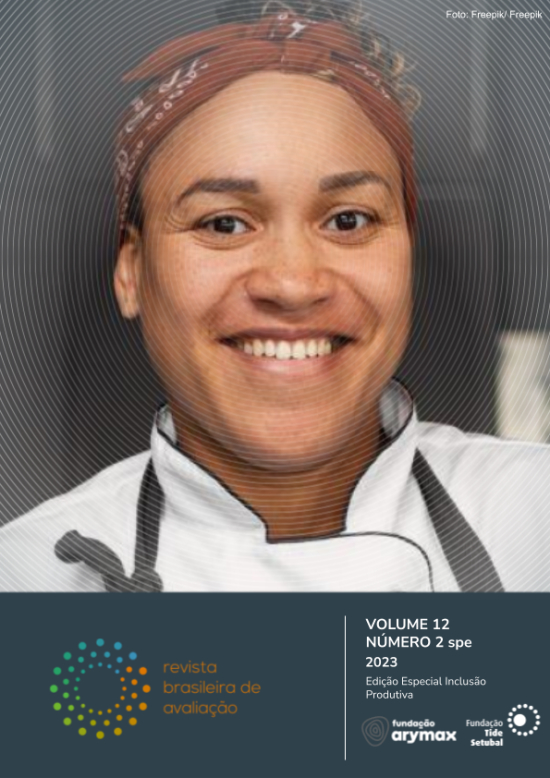
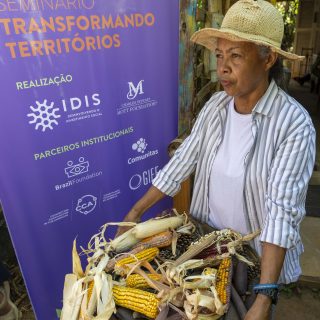
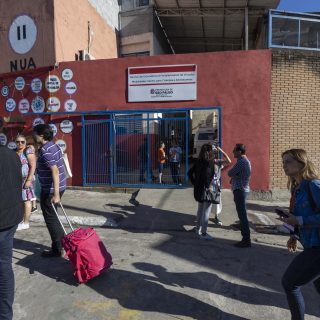

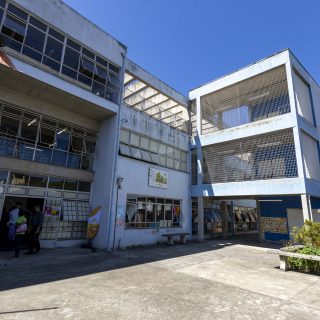

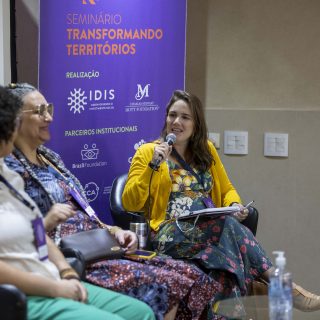
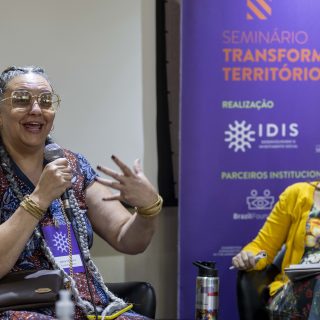
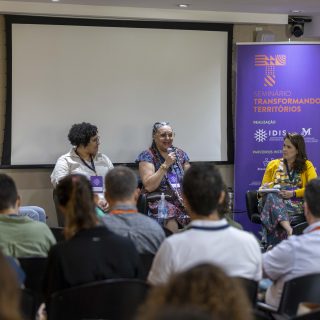
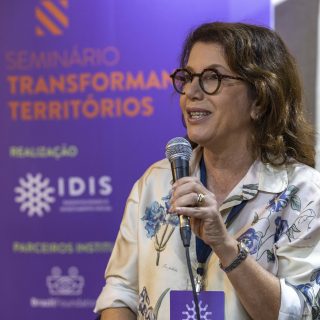
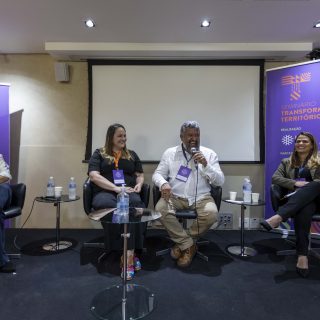
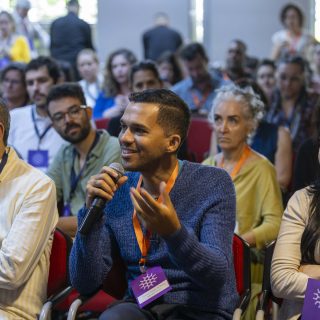
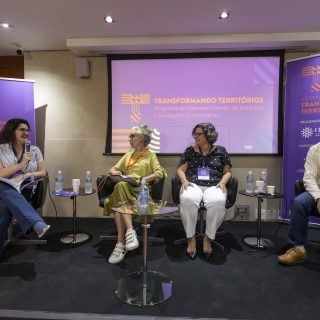
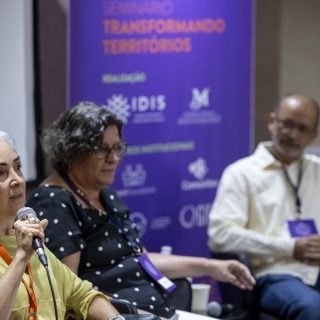
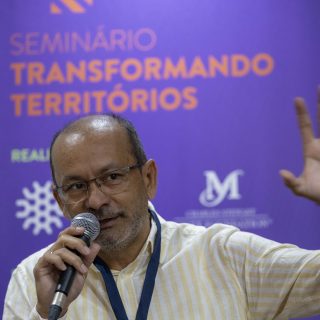
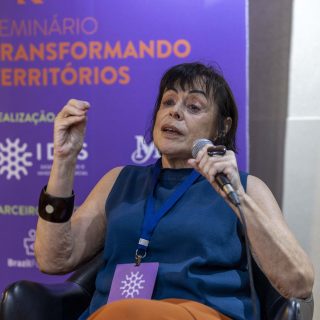
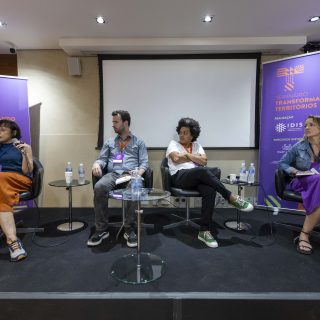
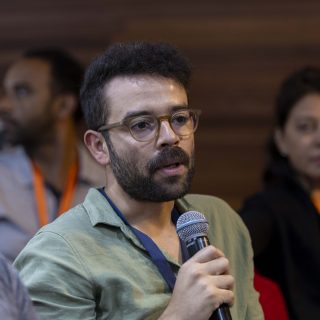
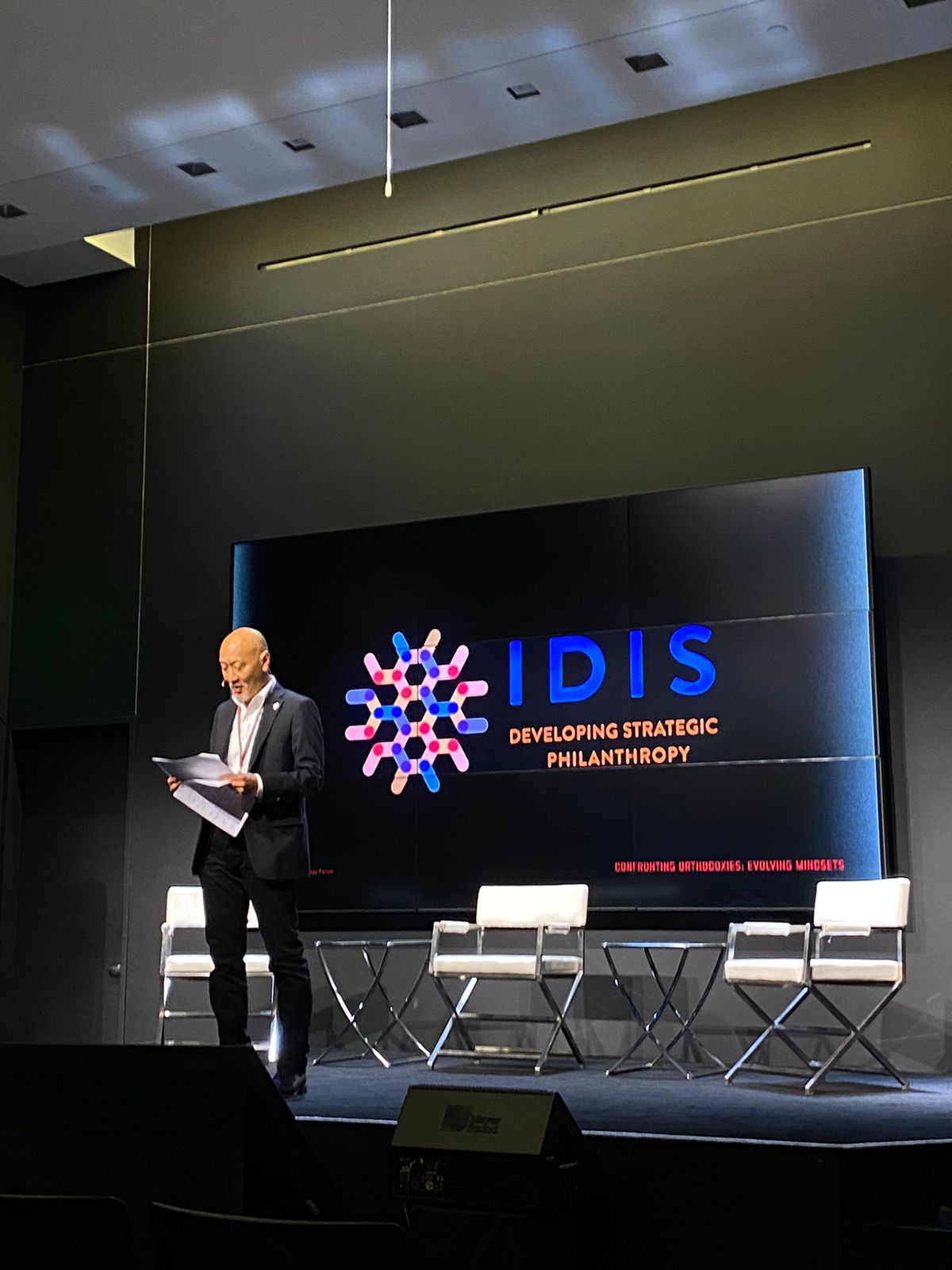
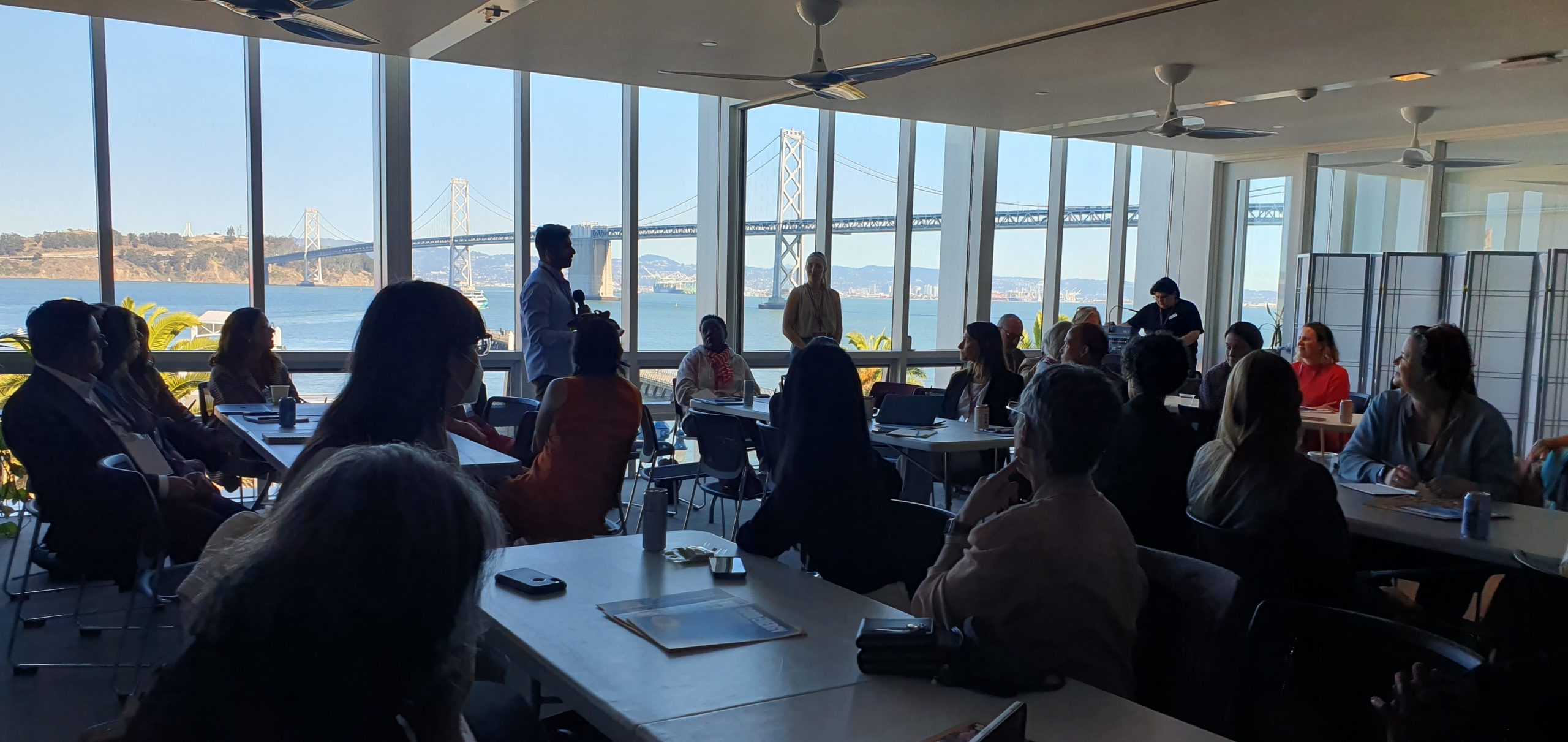
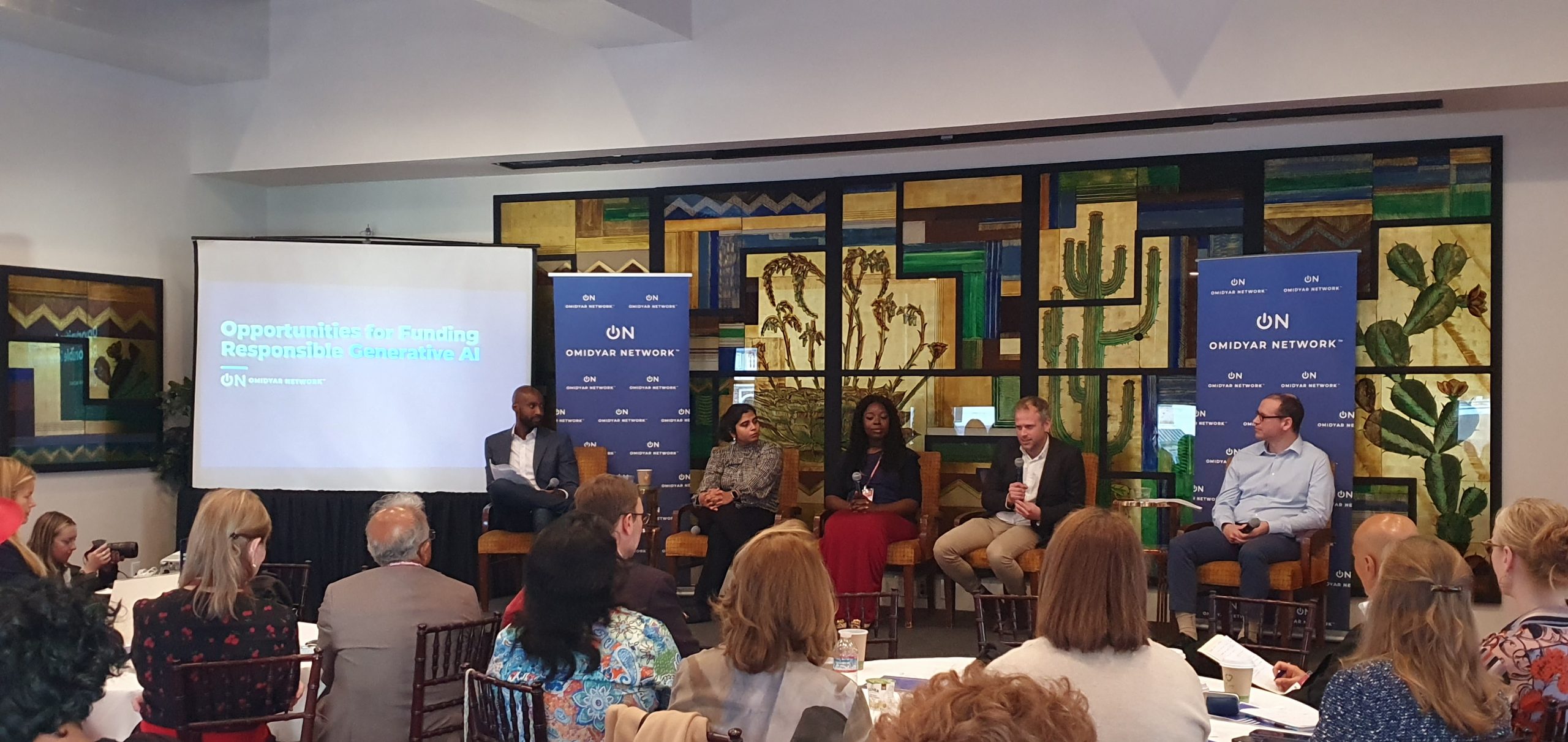
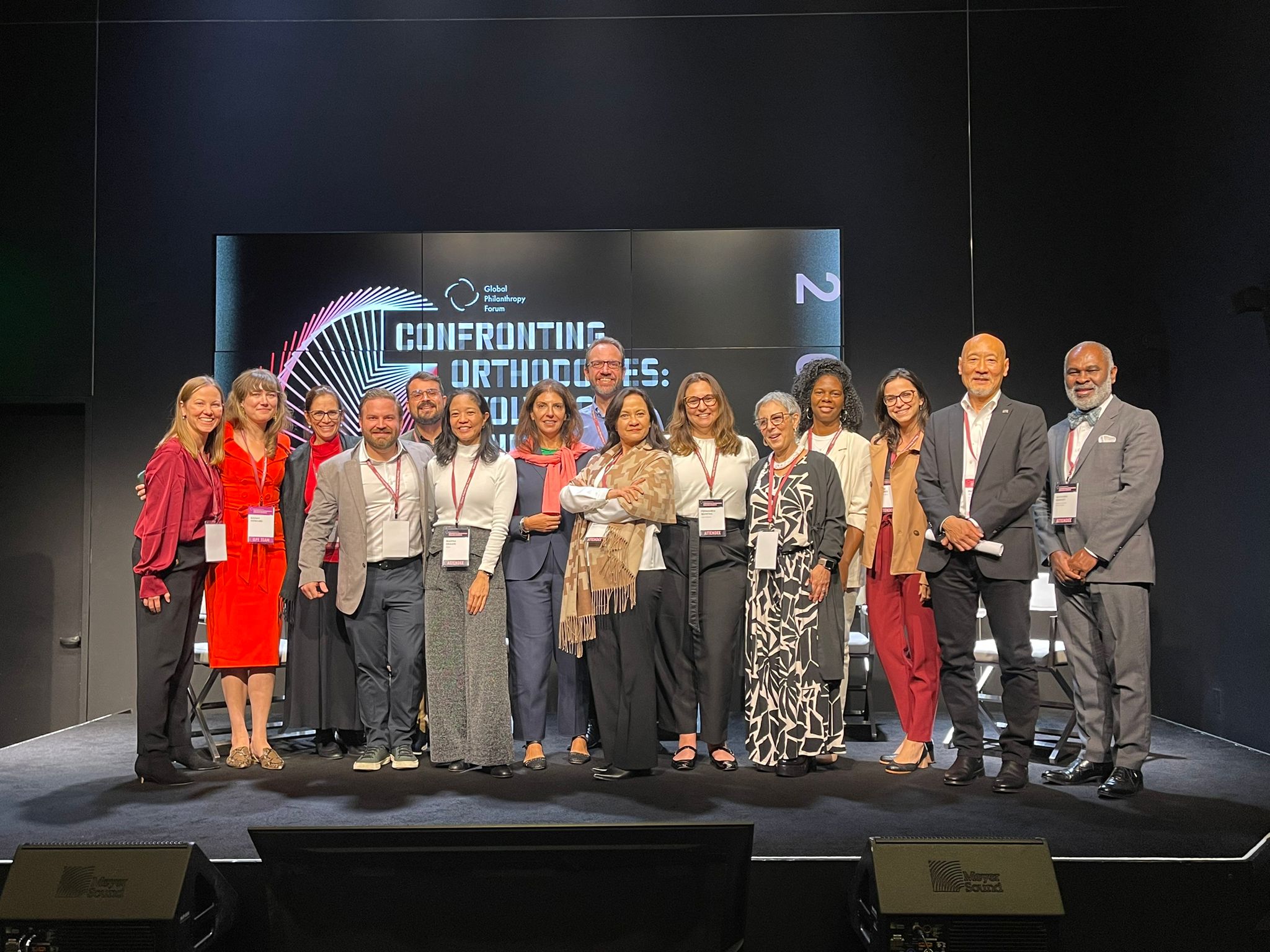
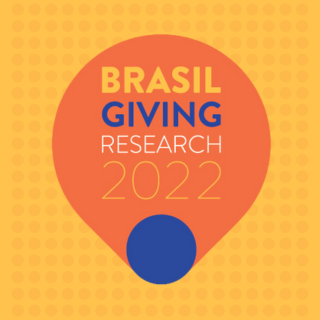
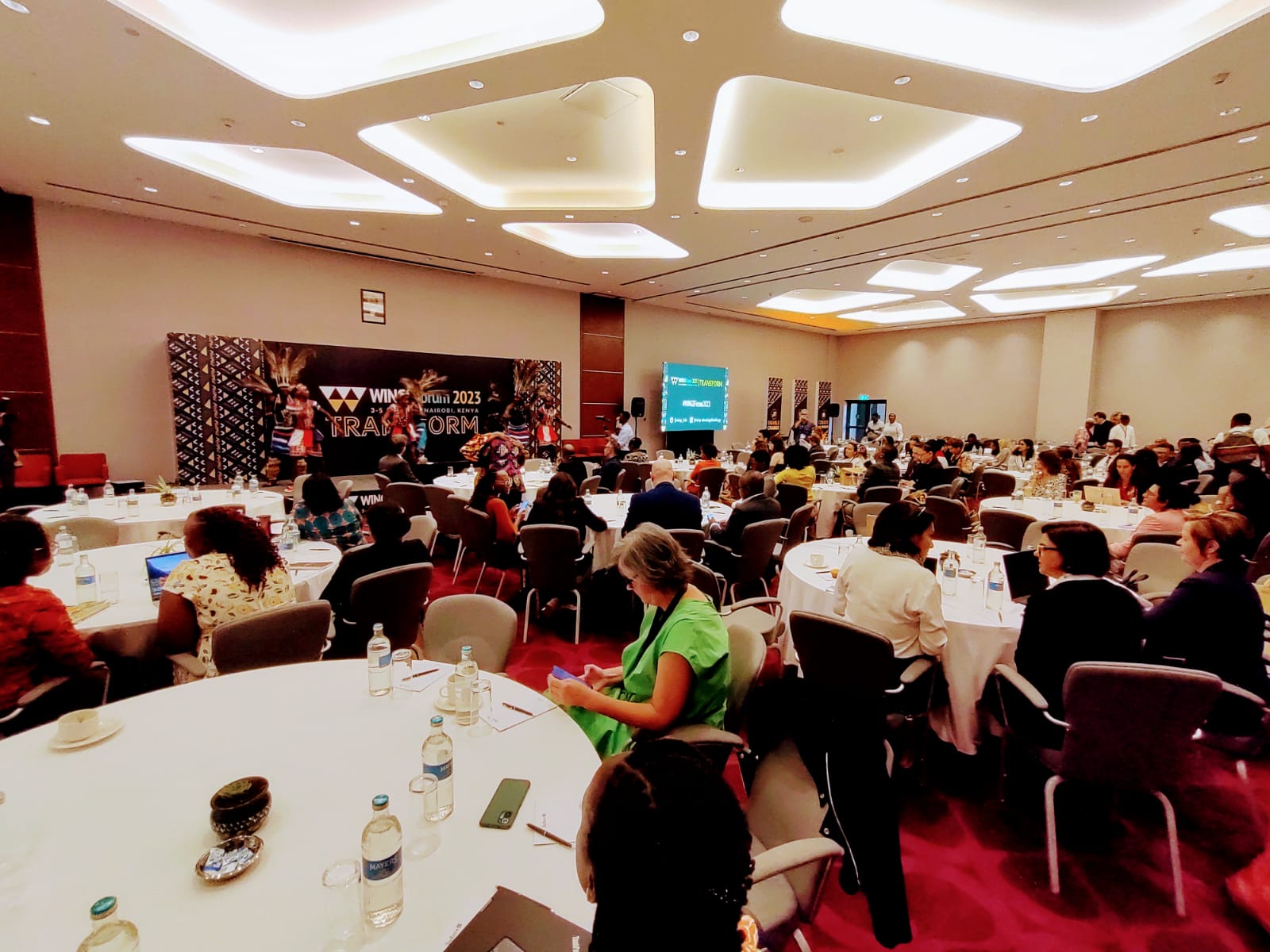
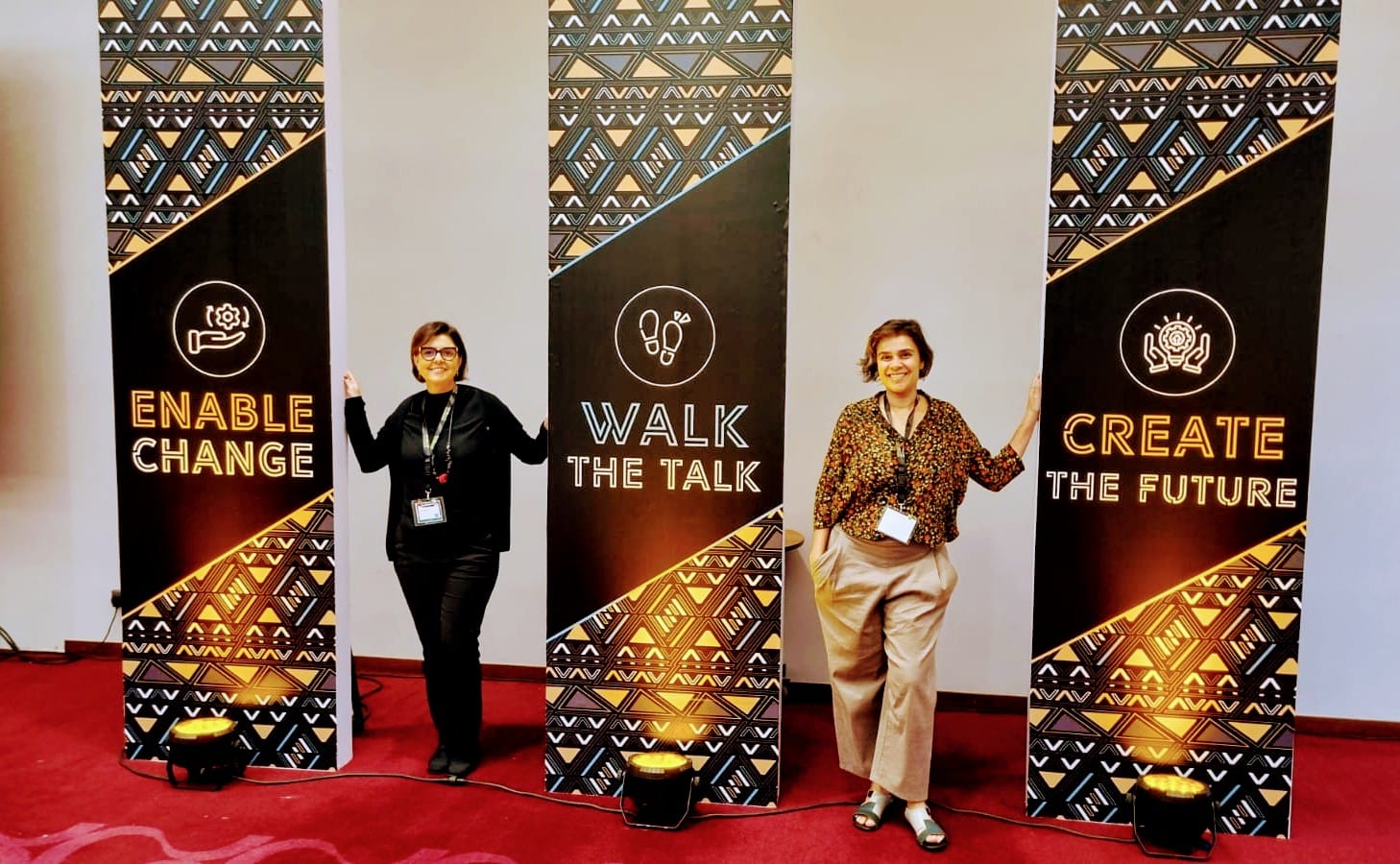
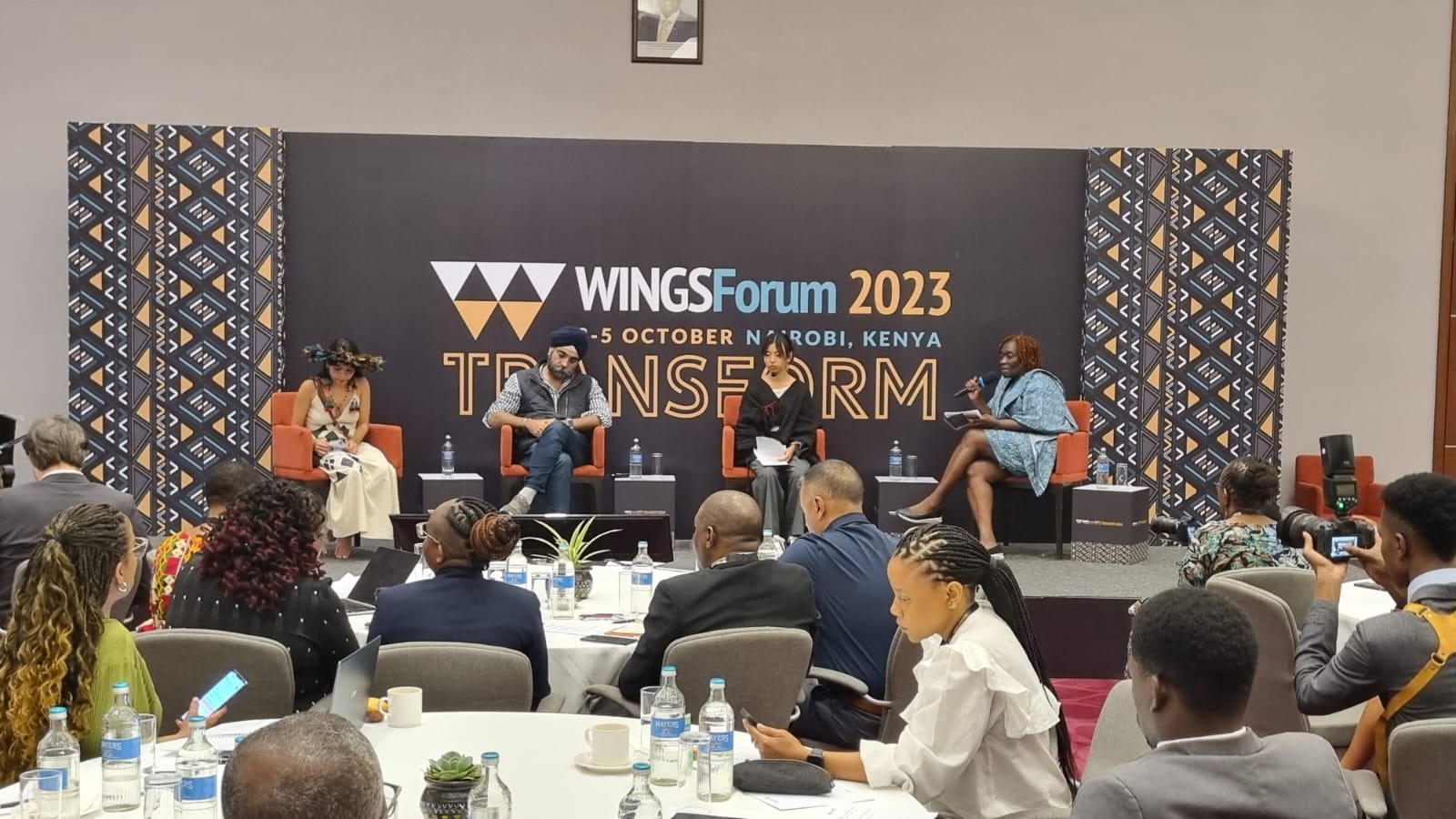
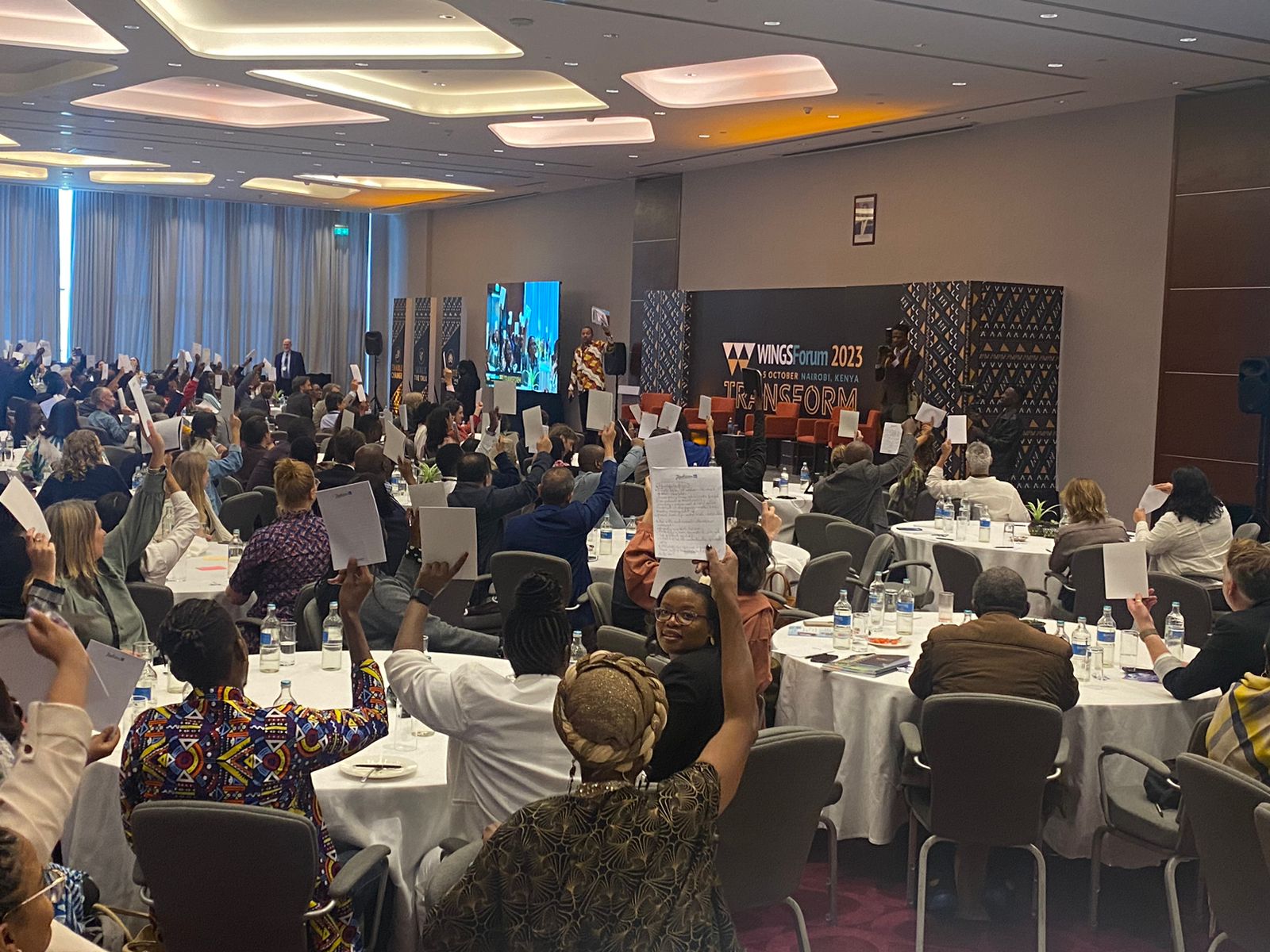
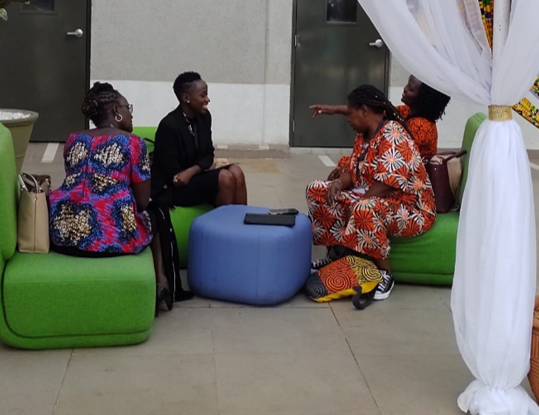
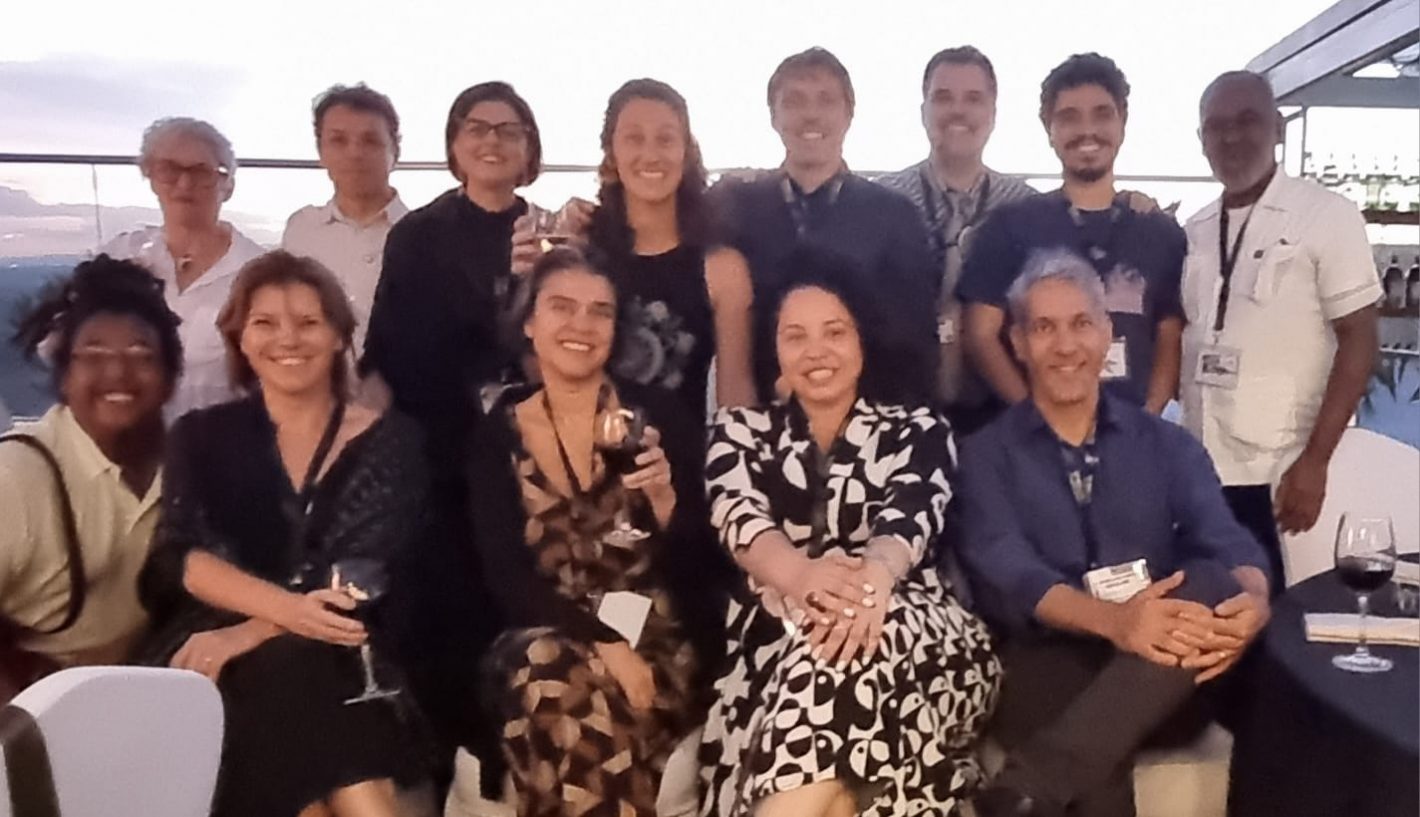
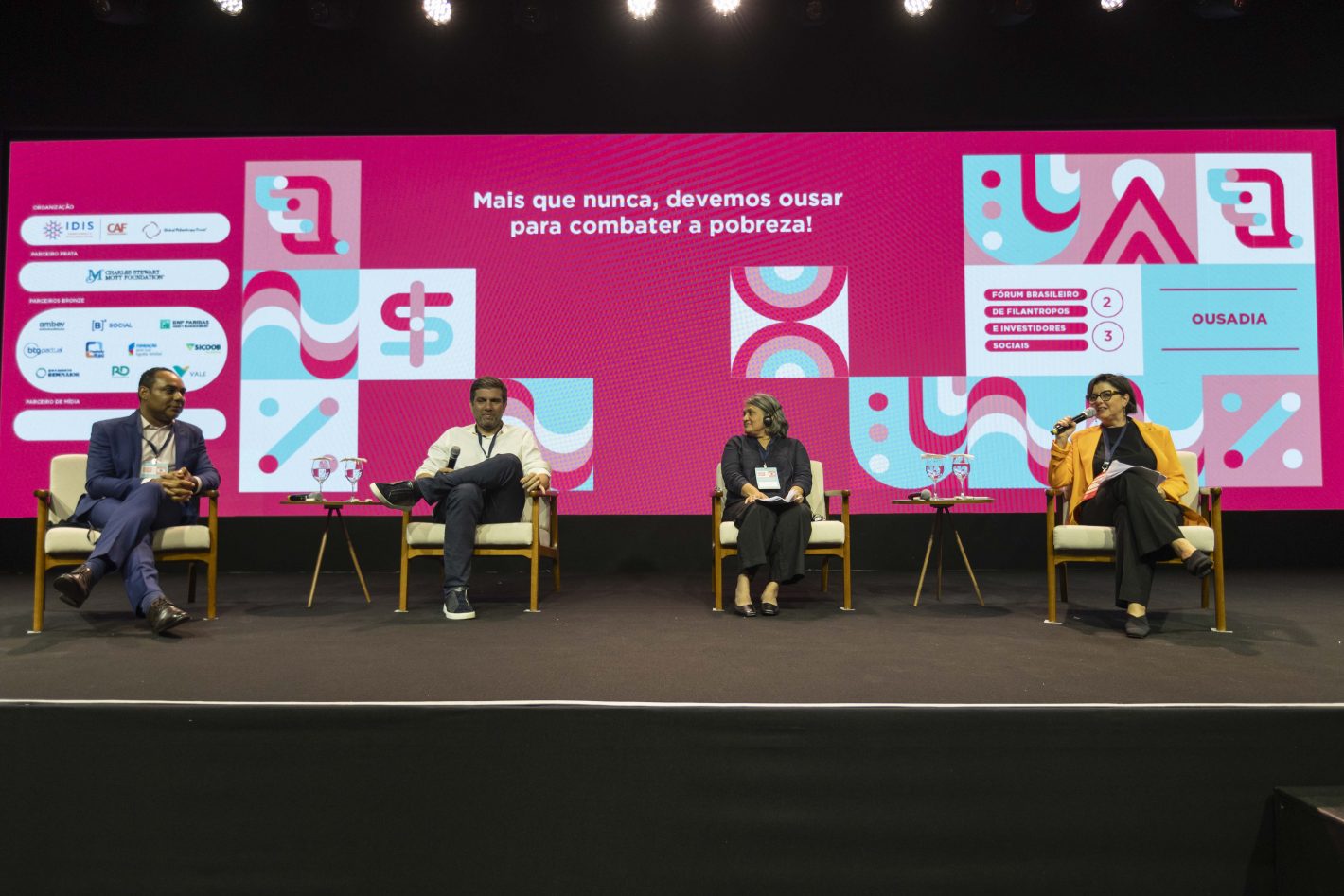
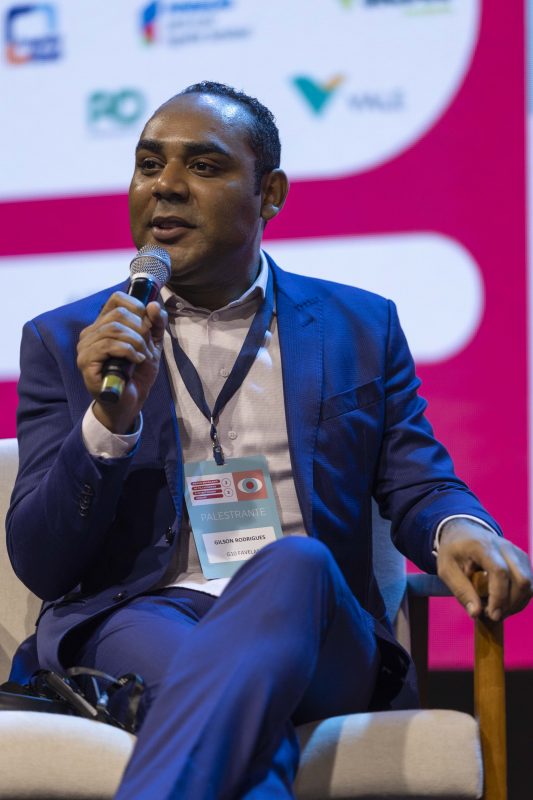

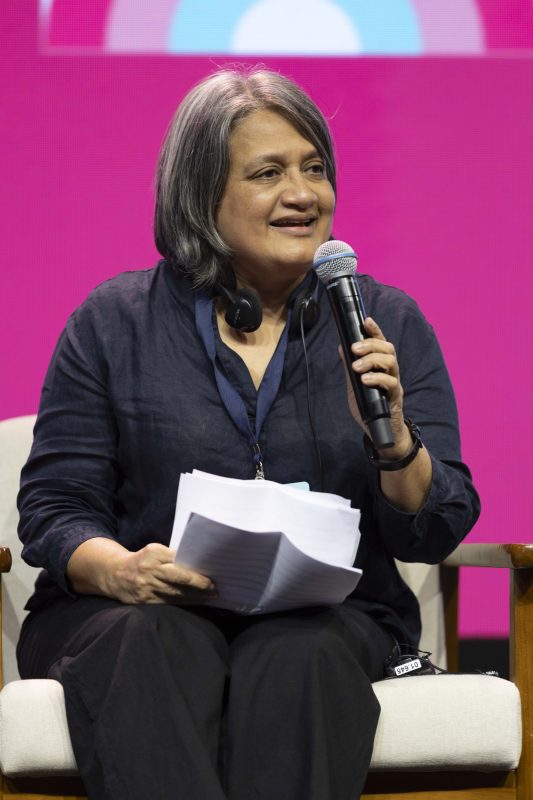
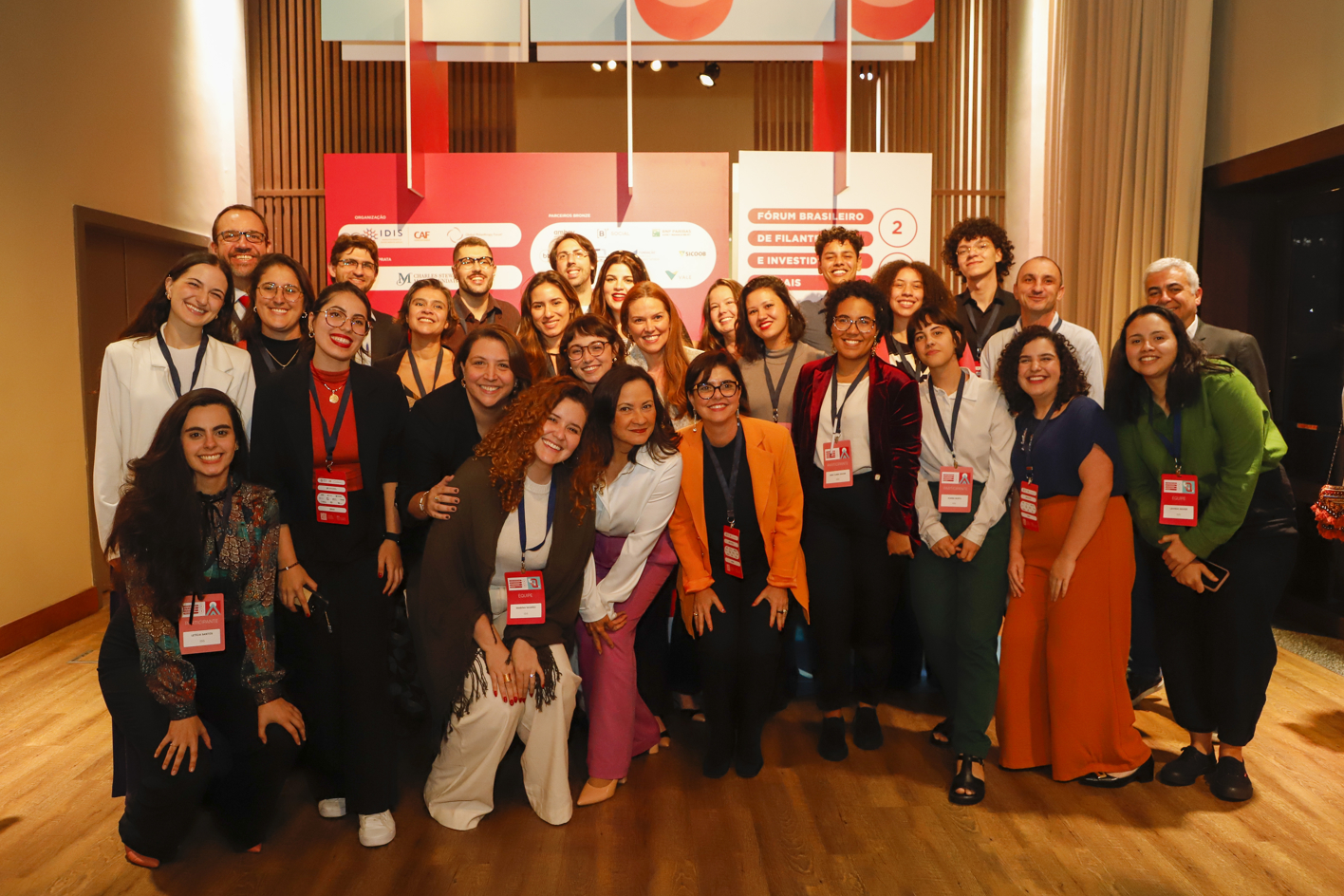
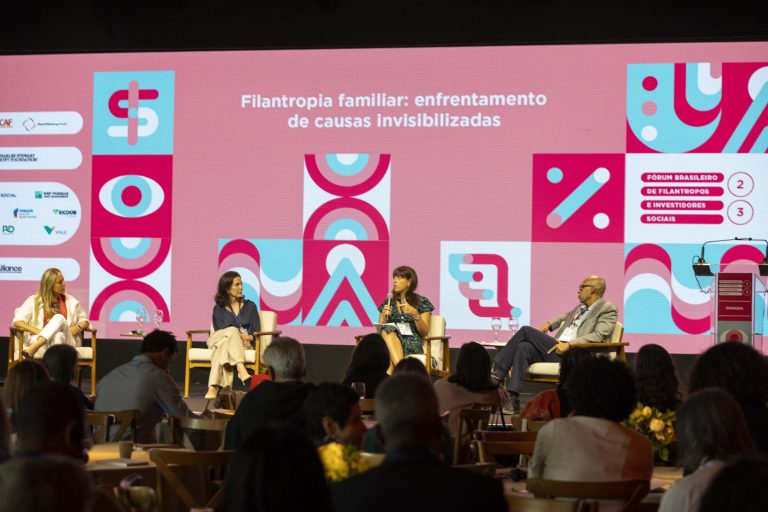
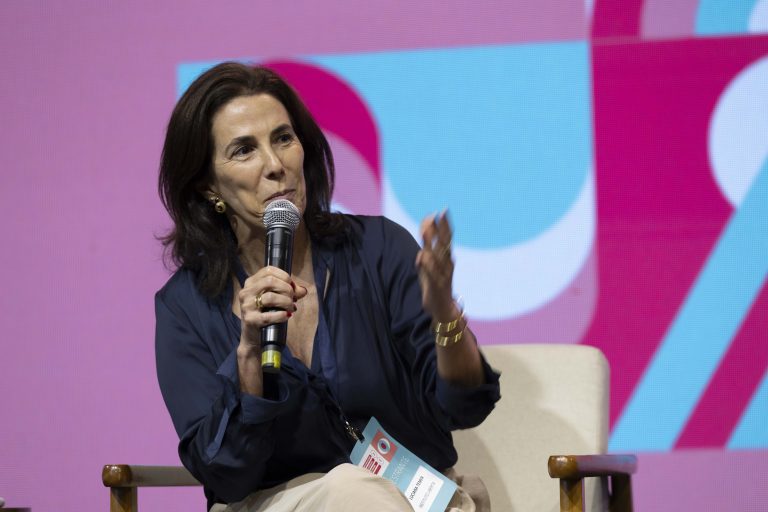
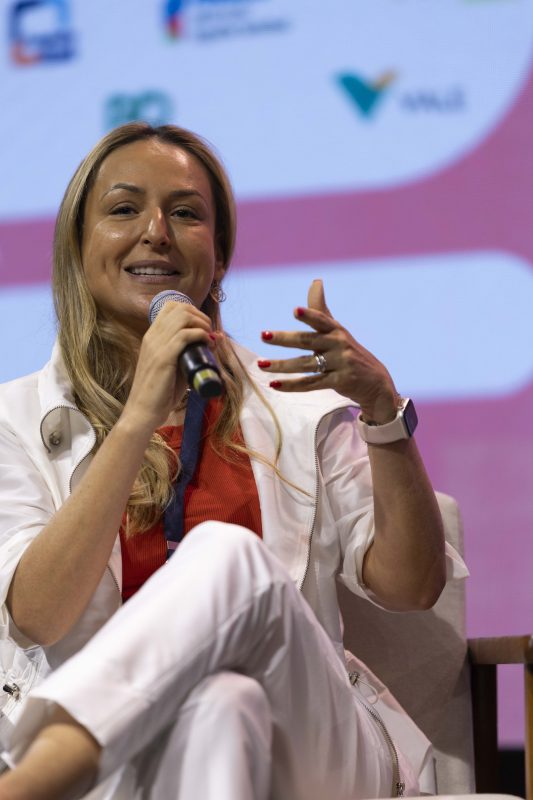
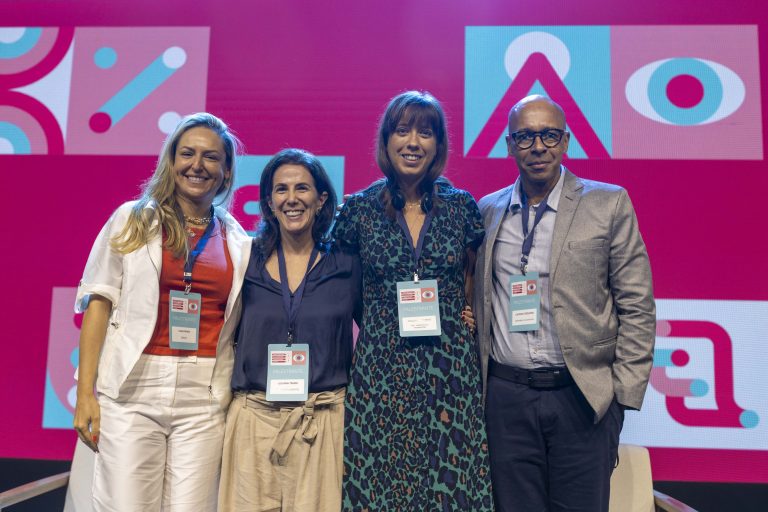
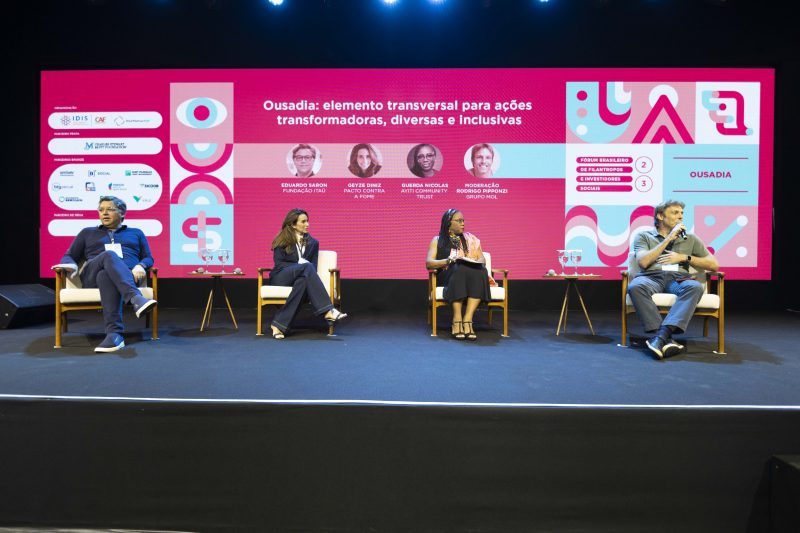
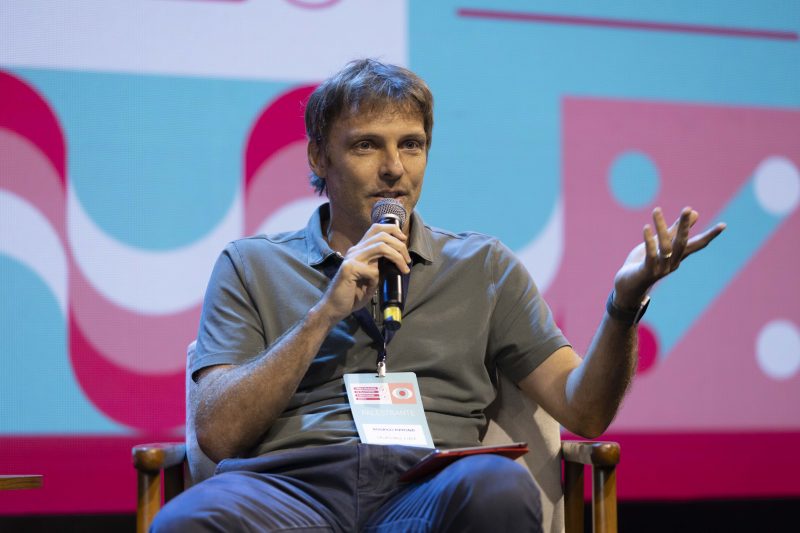
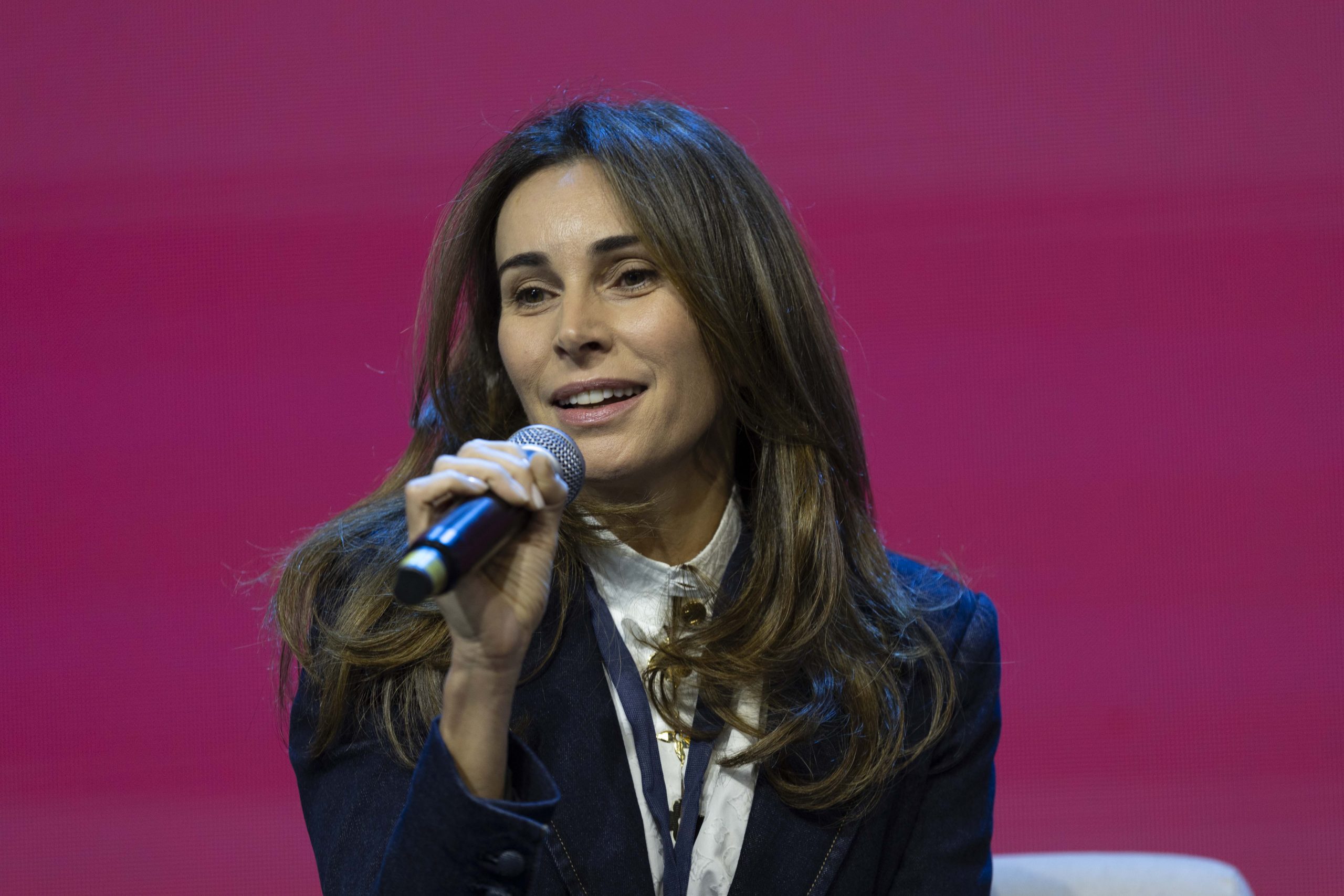
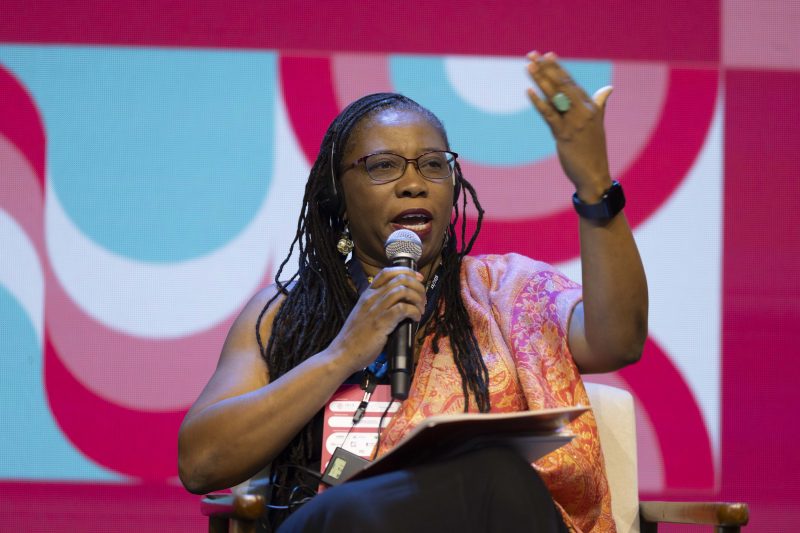
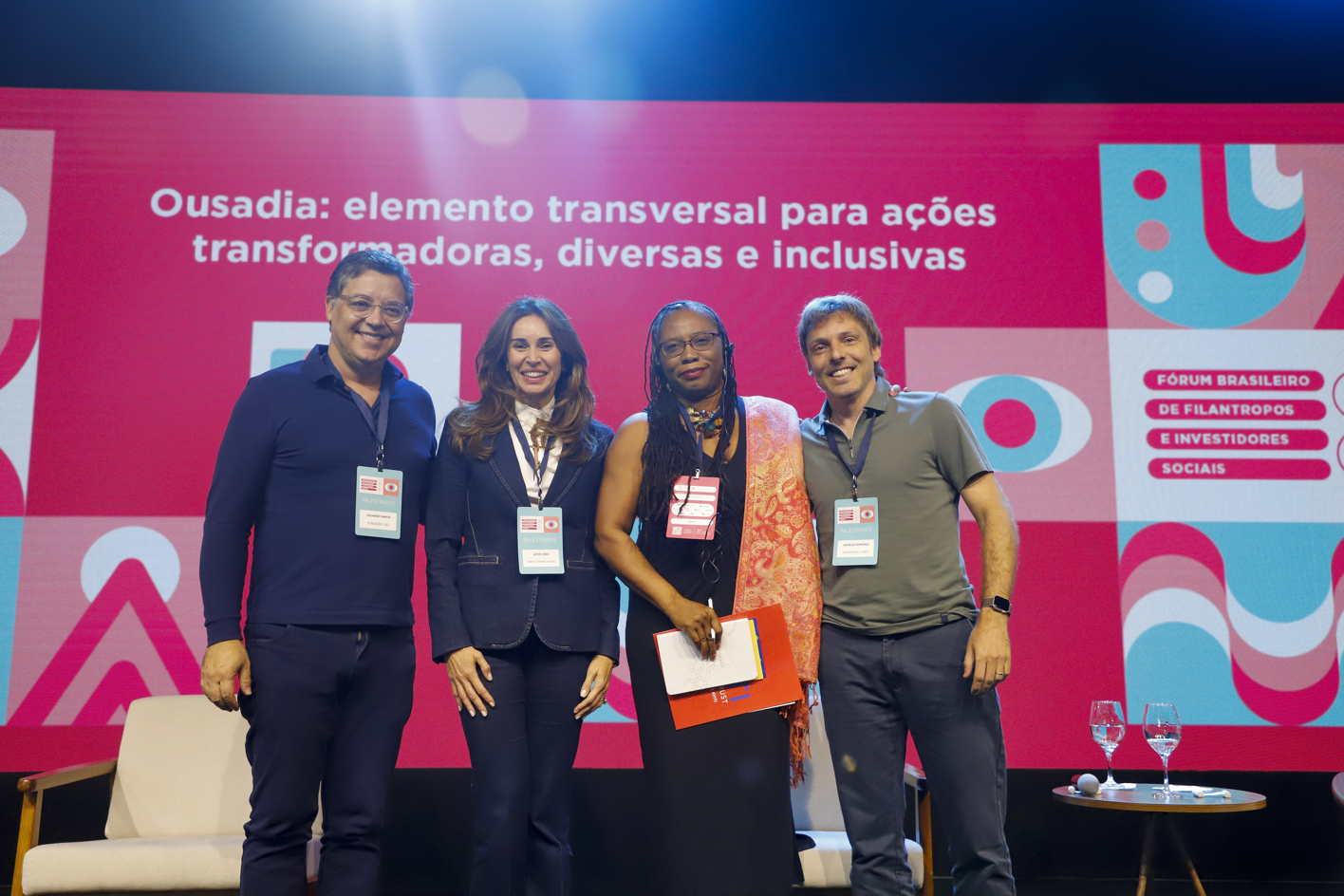
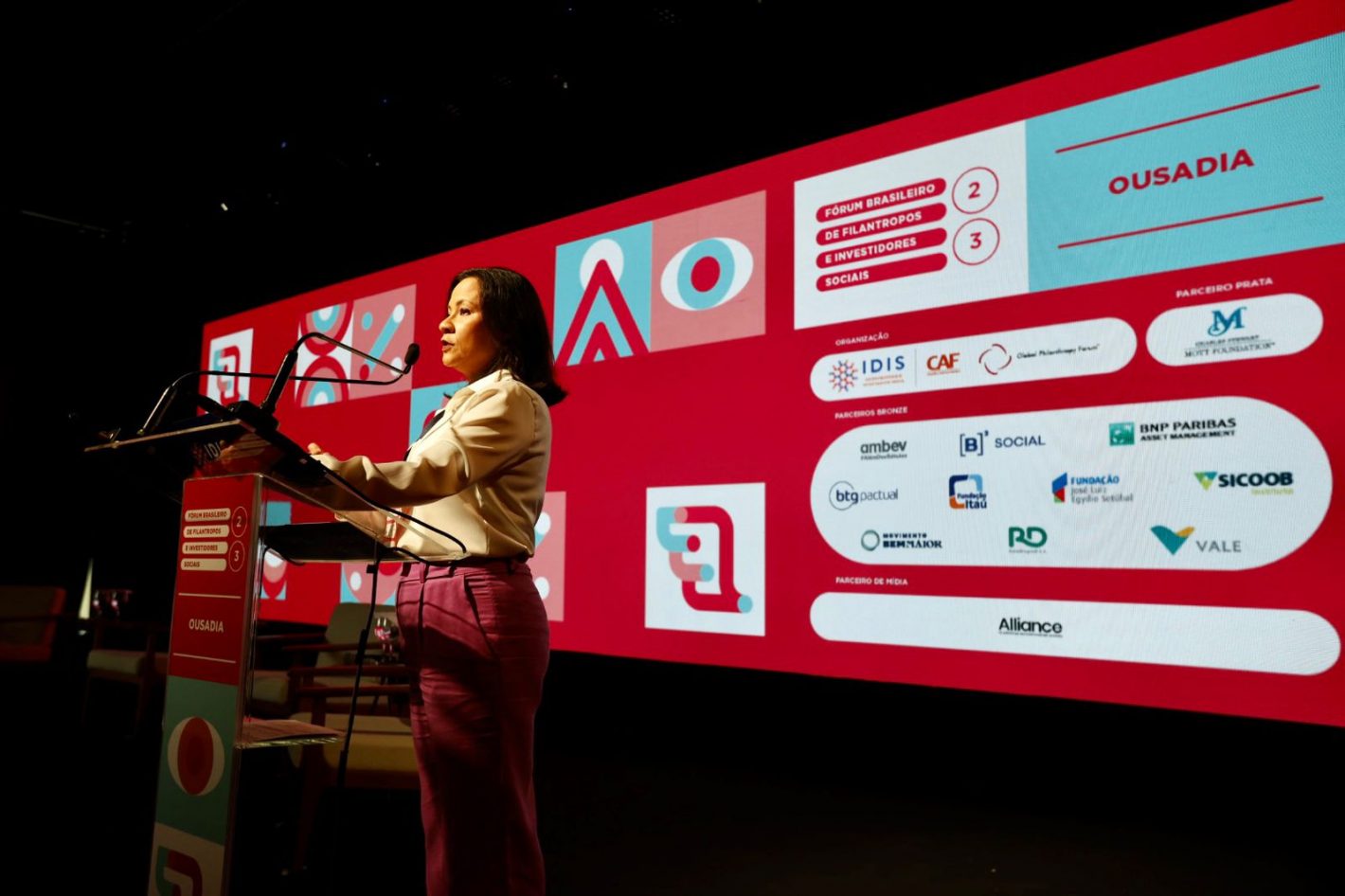
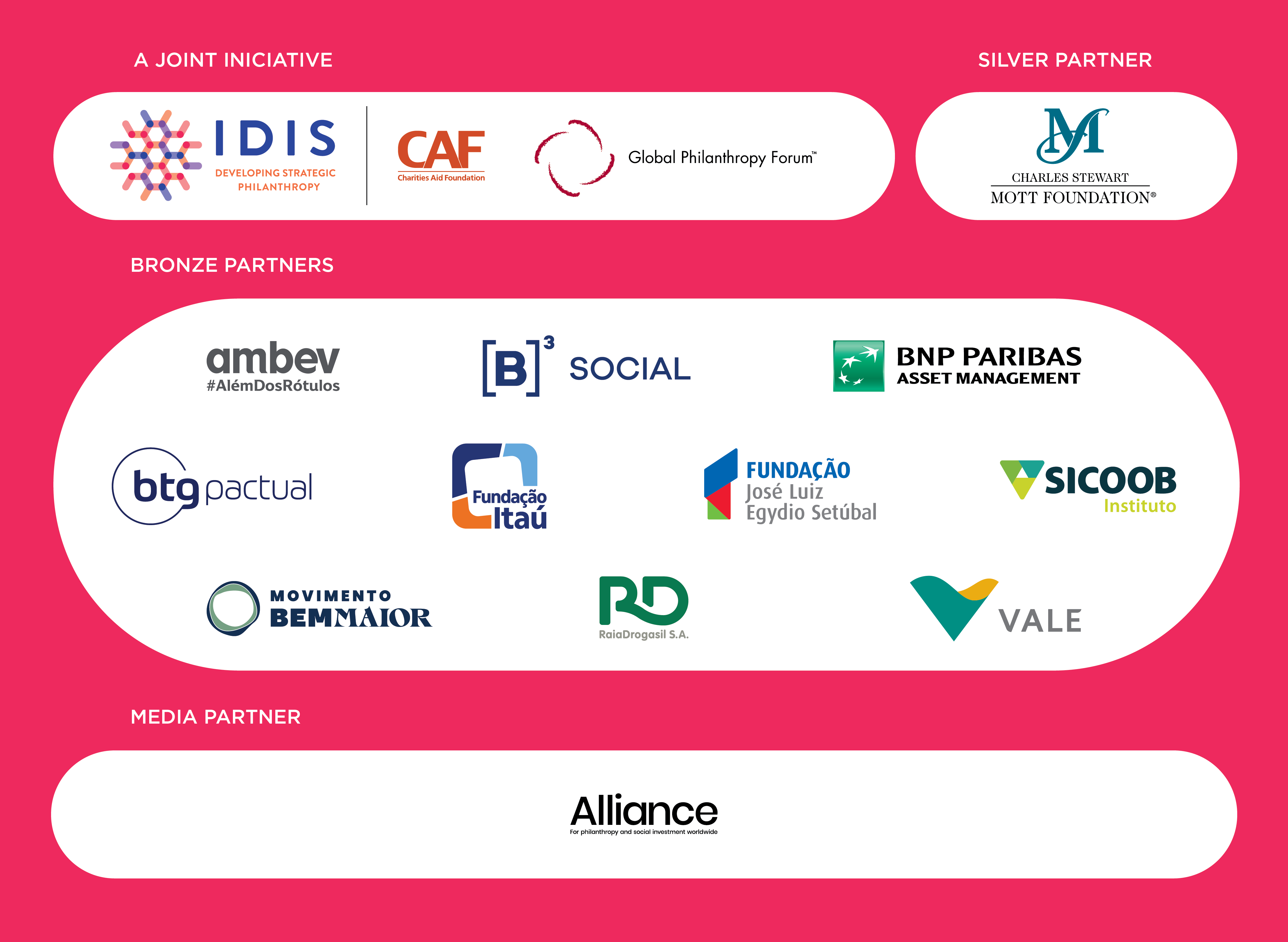
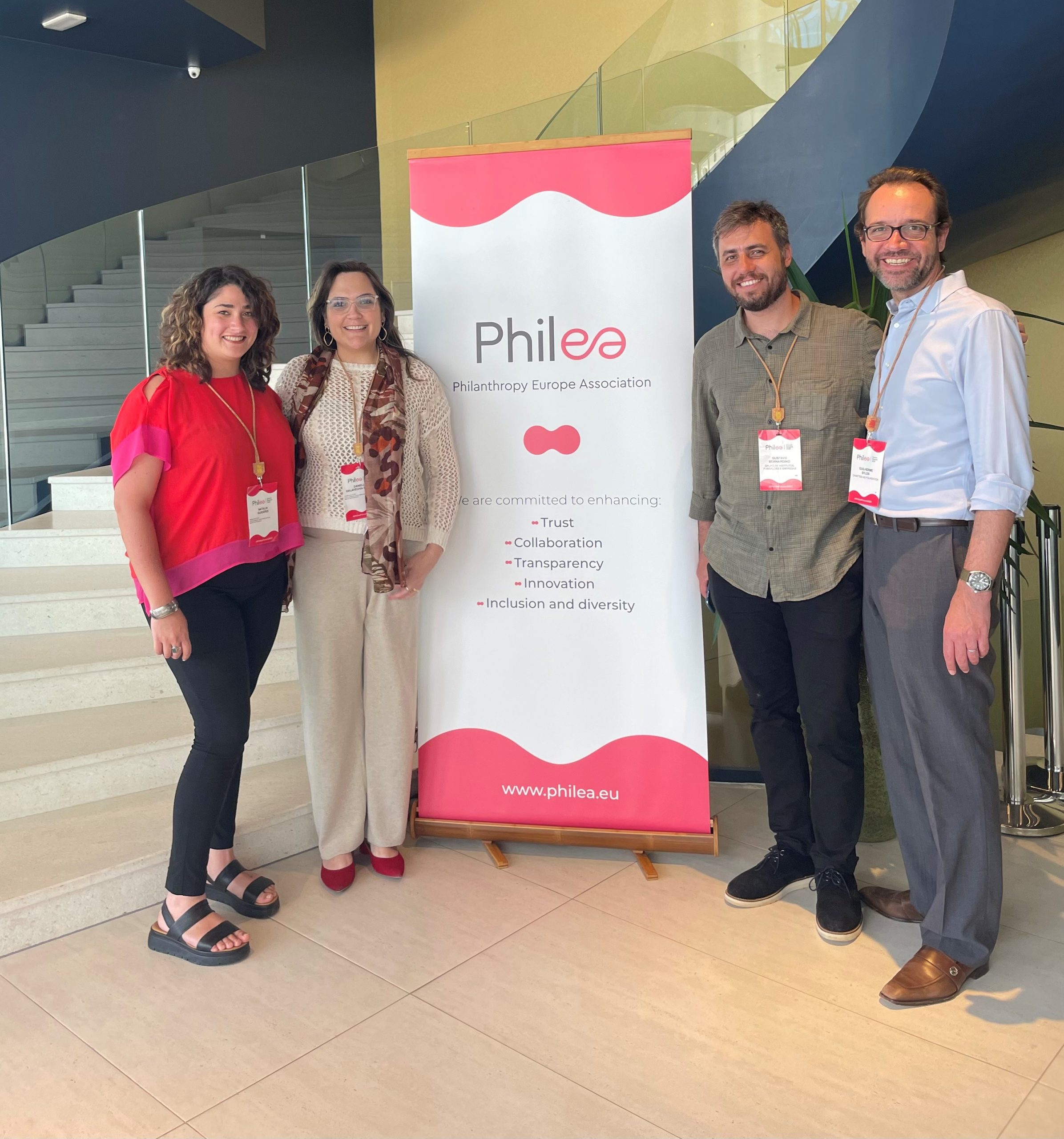
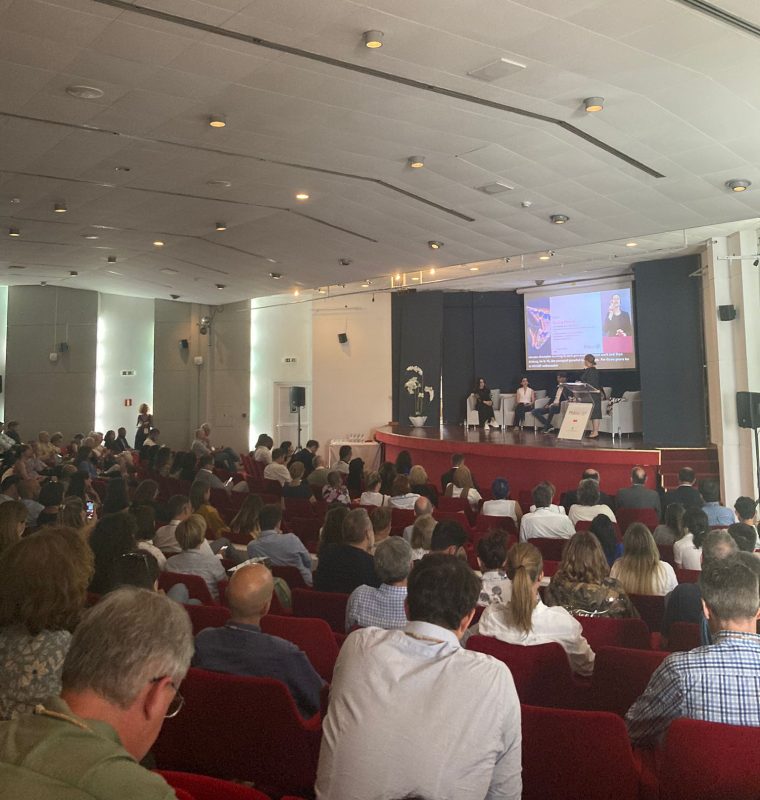
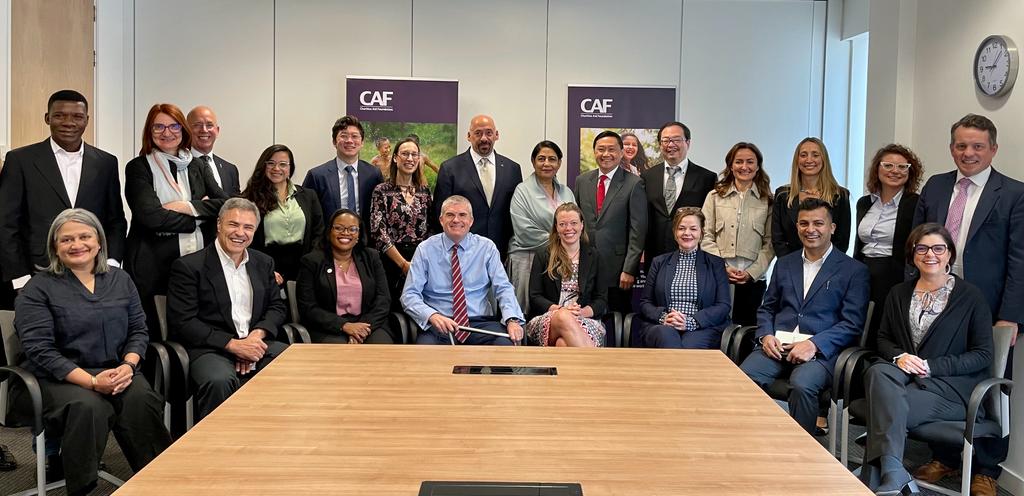
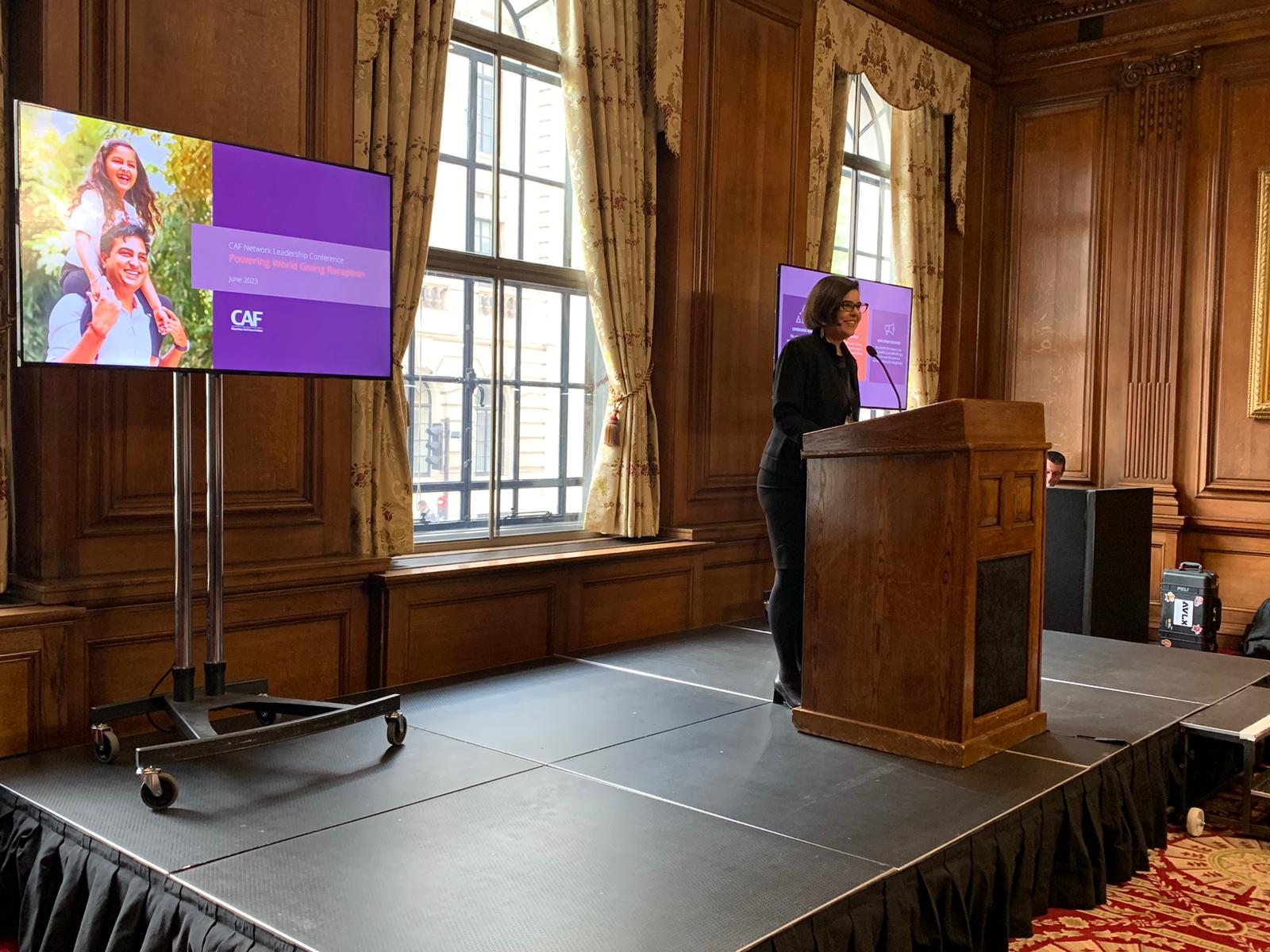

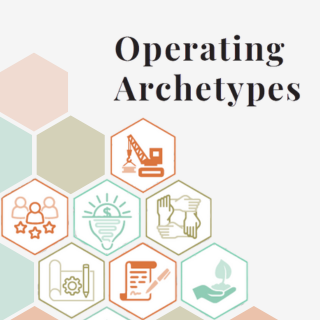


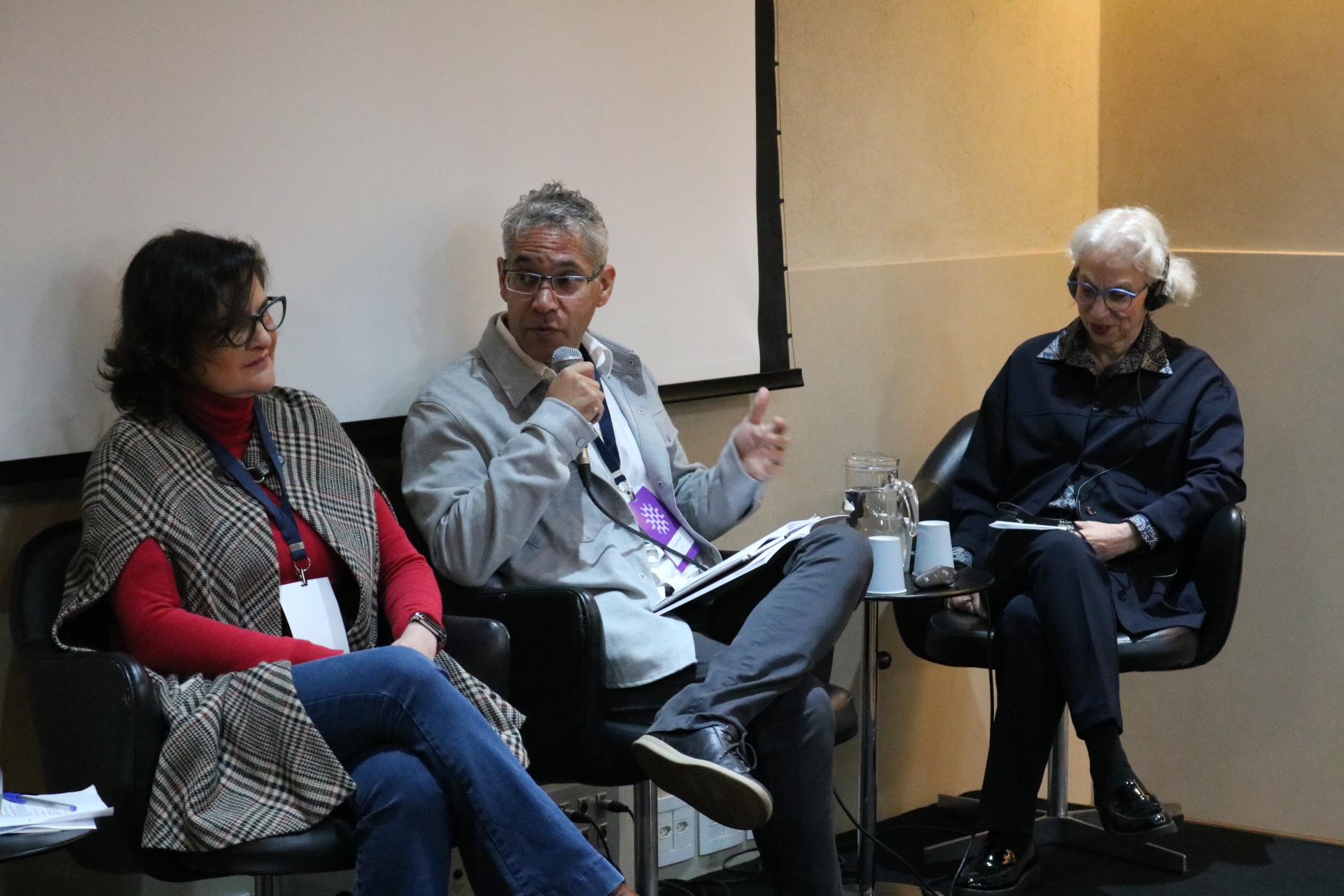
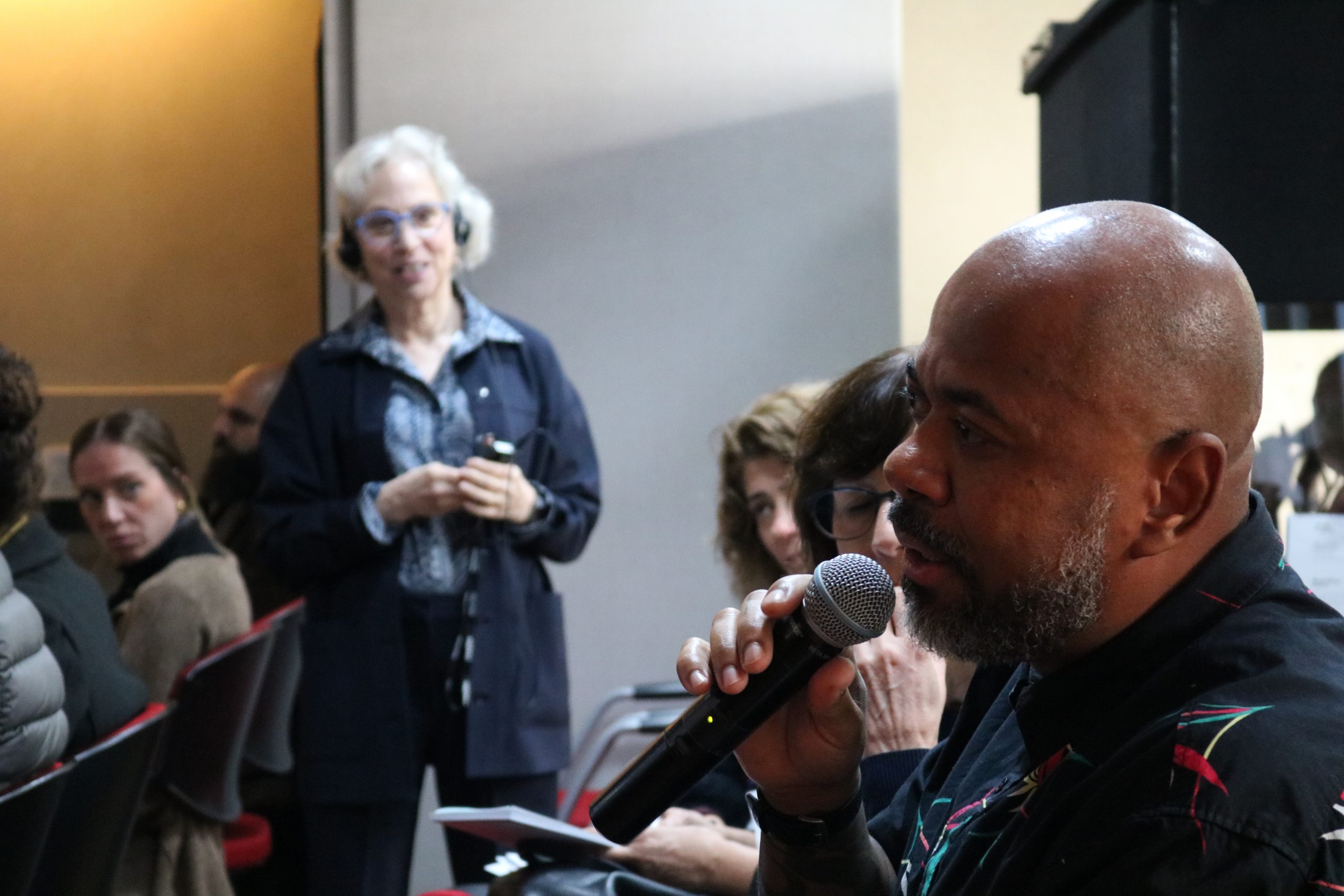

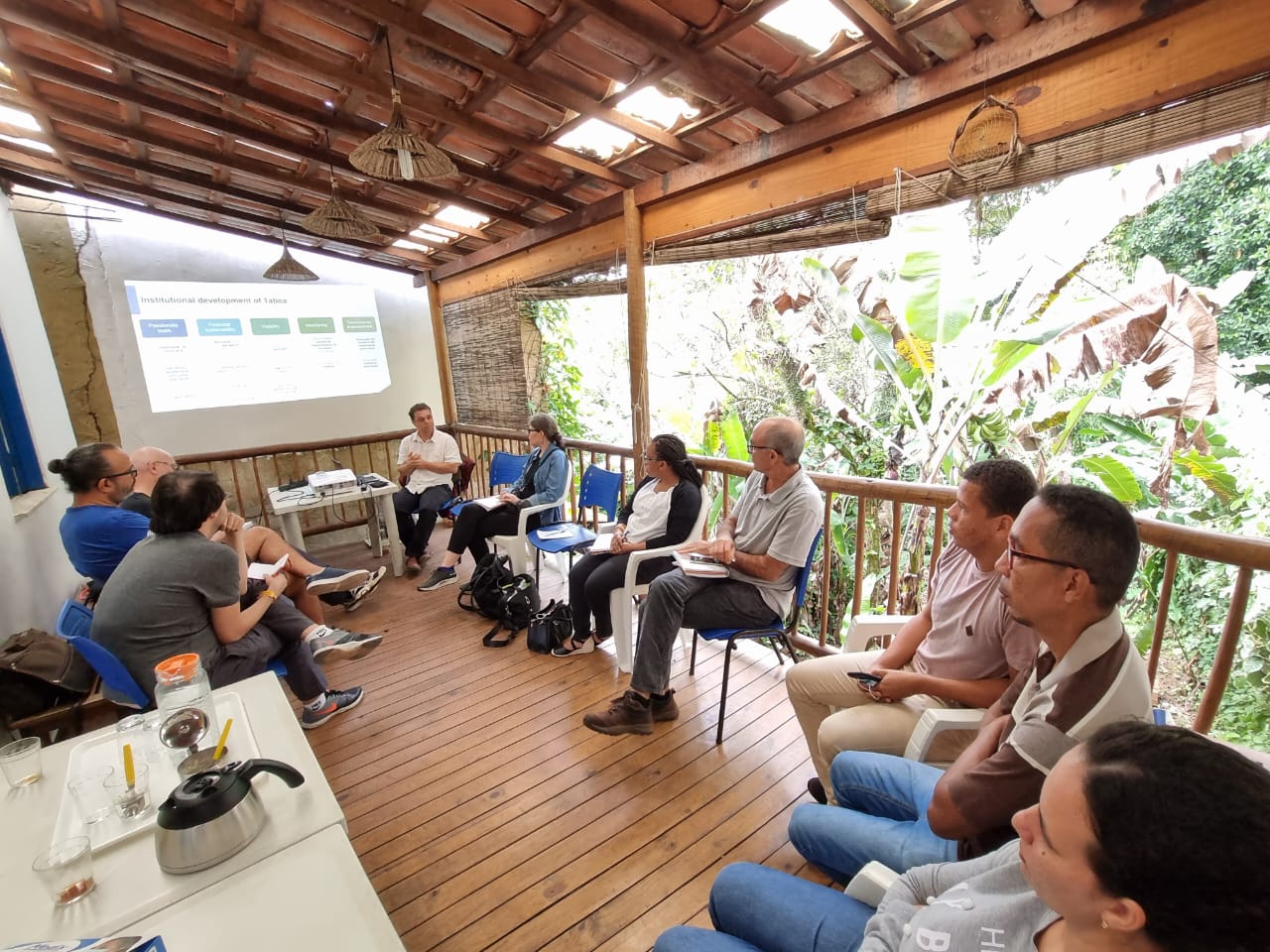
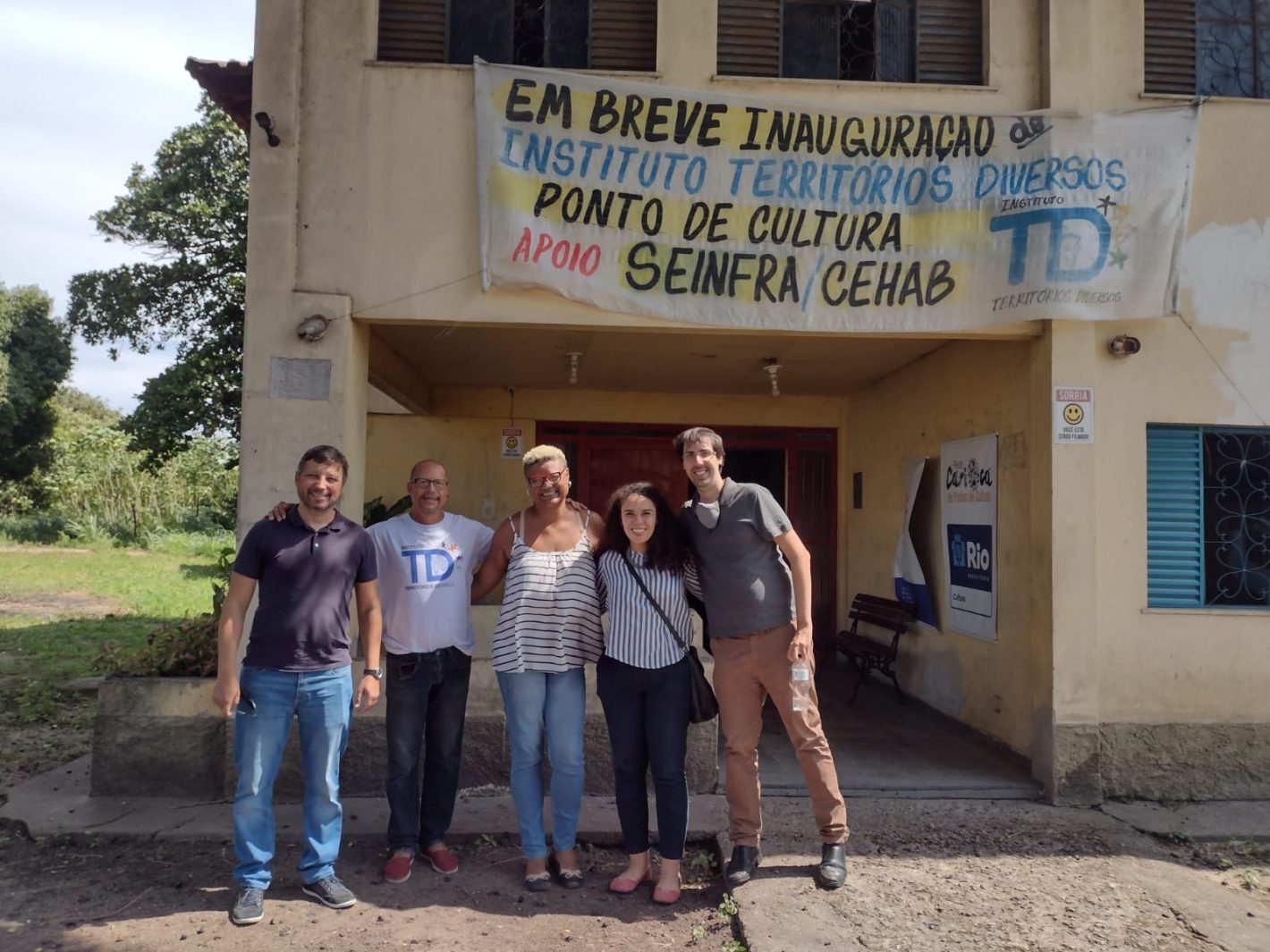

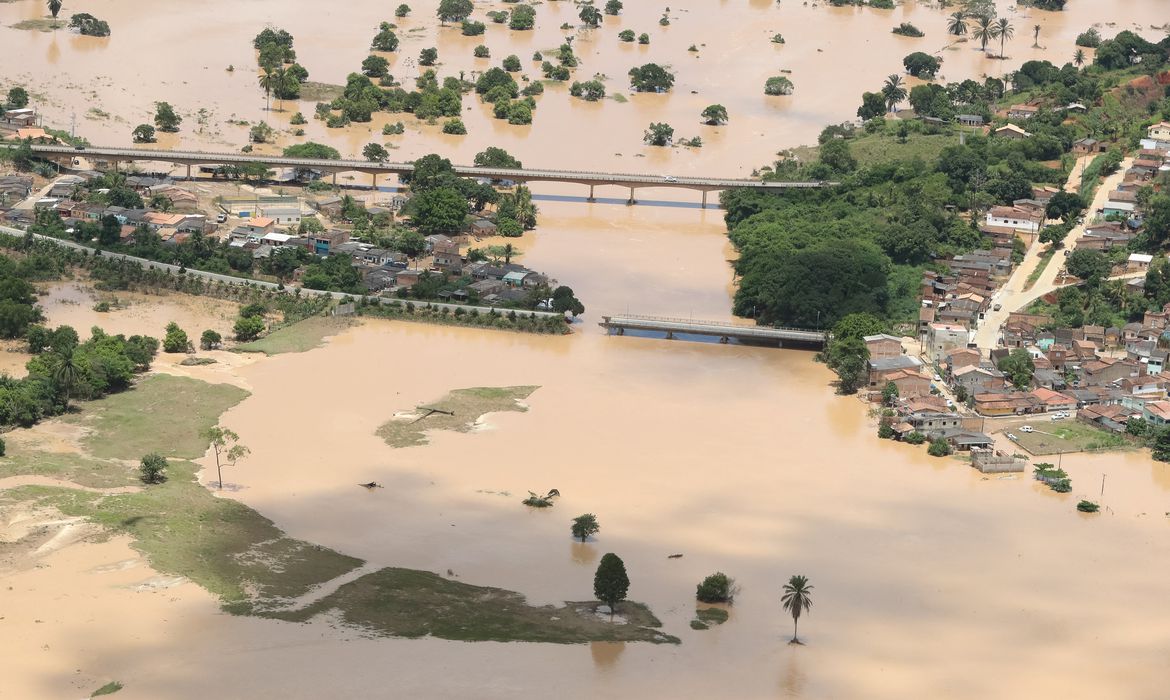
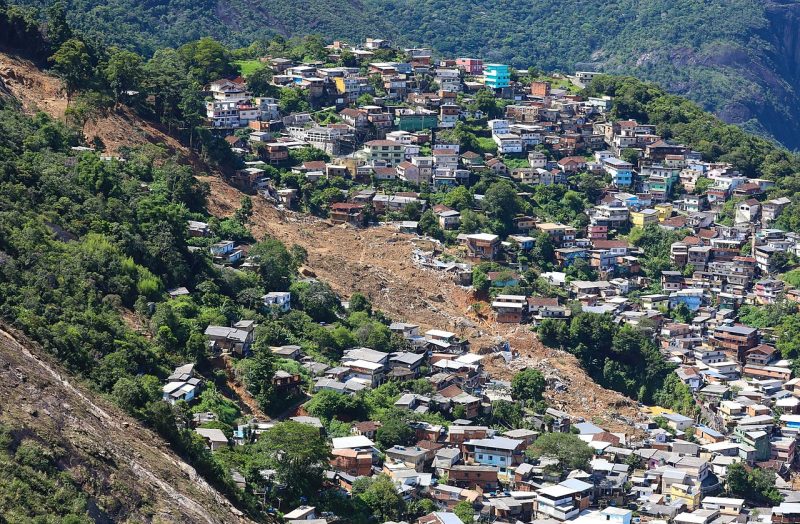
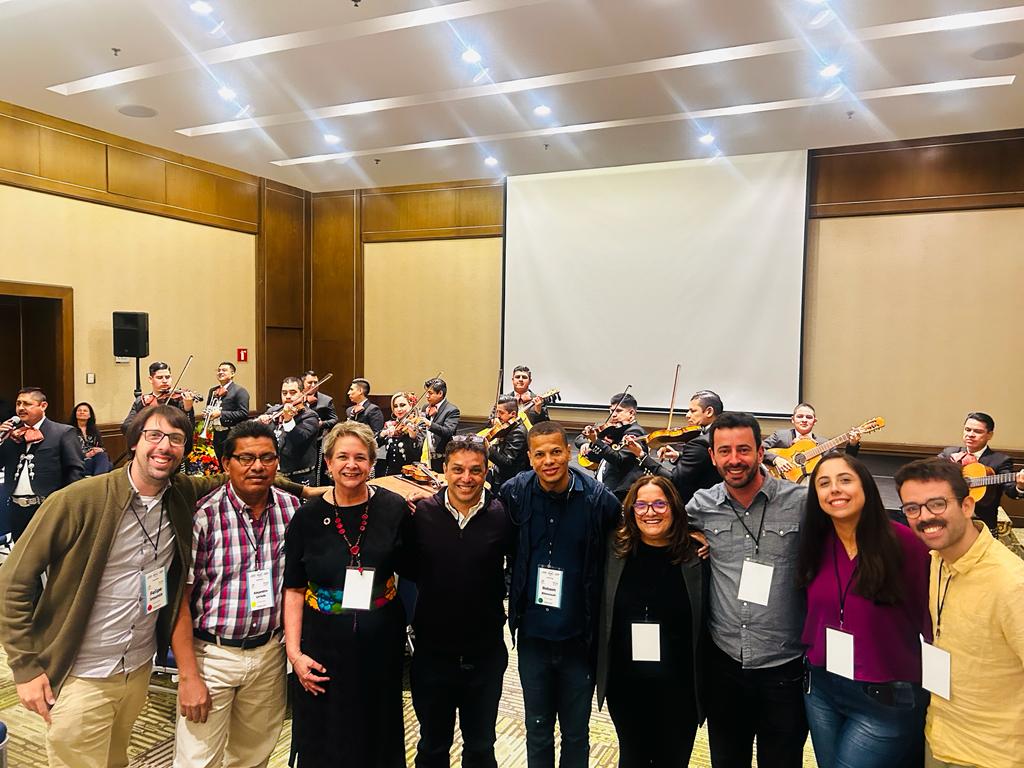 To discuss the different contexts, opportunities, and challenges of community philanthropy in the Americas, 119 guests from ten countries in South, Central, Caribbean and North America met in February in Guadalajara, Mexico. The Brazilian delegation included Felipe Groba, IDIS project manager, and six other representatives of Brazilian Community Institutes, all participants of the
To discuss the different contexts, opportunities, and challenges of community philanthropy in the Americas, 119 guests from ten countries in South, Central, Caribbean and North America met in February in Guadalajara, Mexico. The Brazilian delegation included Felipe Groba, IDIS project manager, and six other representatives of Brazilian Community Institutes, all participants of the 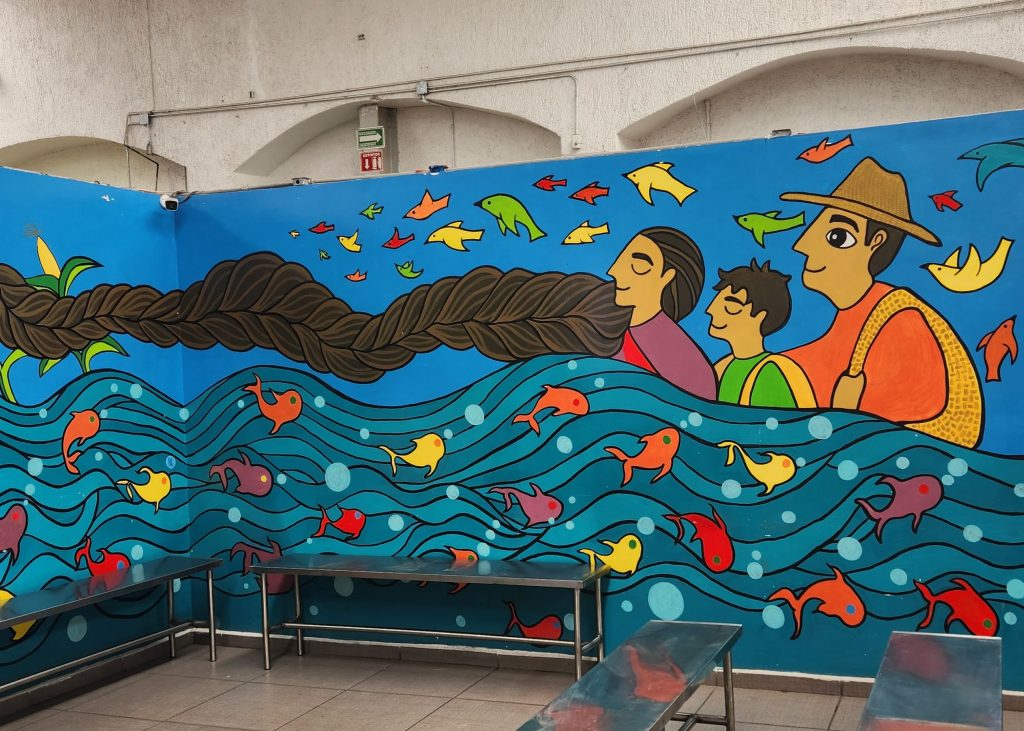
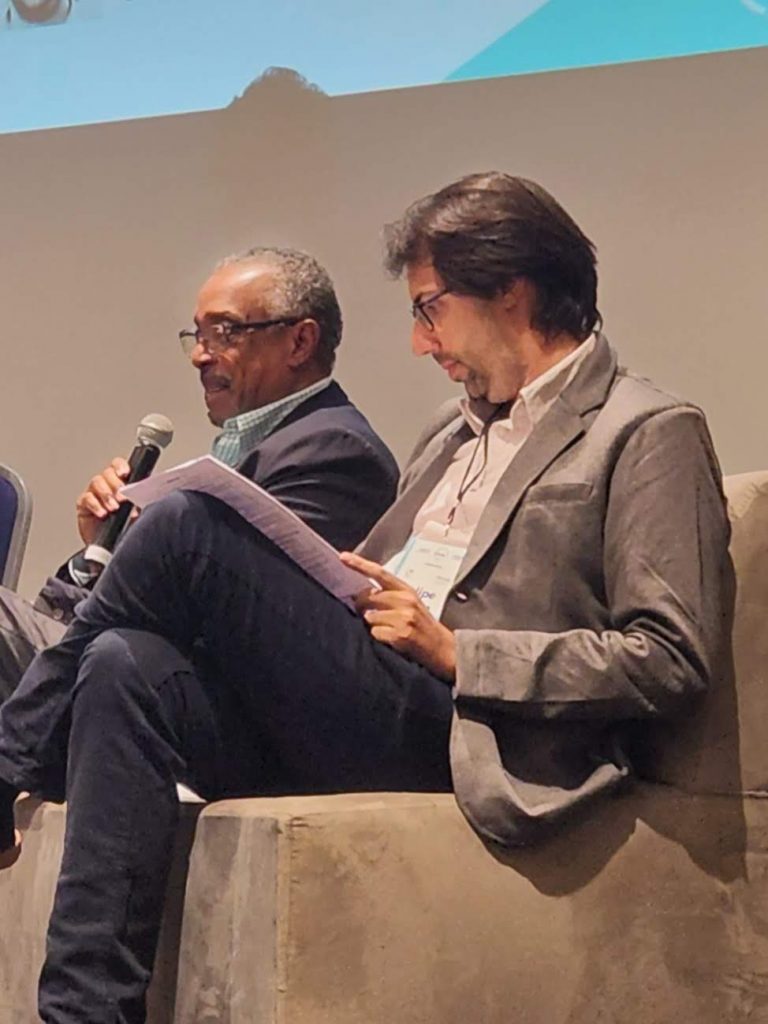 The theme of trust in civil society organizations (CSOs) and their role in expressing the plurality of voices in a territory permeated all discussions. Panelists and event participants reported successful cases of North American grantmaking foundations that have increasingly adopted the donation of free resources – free of charge and without restriction to projects – as a basis for its financial contributions, recognizing the excellence and expertise of social leaders in managing their organizations and allocating resources in order to generate more impact in the long term.
The theme of trust in civil society organizations (CSOs) and their role in expressing the plurality of voices in a territory permeated all discussions. Panelists and event participants reported successful cases of North American grantmaking foundations that have increasingly adopted the donation of free resources – free of charge and without restriction to projects – as a basis for its financial contributions, recognizing the excellence and expertise of social leaders in managing their organizations and allocating resources in order to generate more impact in the long term. Transforming Territories, an initiative by IDIS – Institute for the Development of Social Investment – with the Charles Stewart Mott Foundation to encourage the creation and strengthening of Community Institutes and Foundations in Brazil.
Transforming Territories, an initiative by IDIS – Institute for the Development of Social Investment – with the Charles Stewart Mott Foundation to encourage the creation and strengthening of Community Institutes and Foundations in Brazil.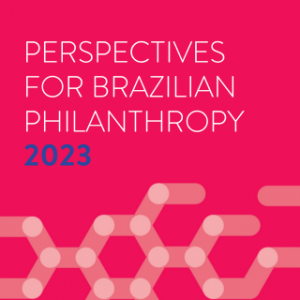
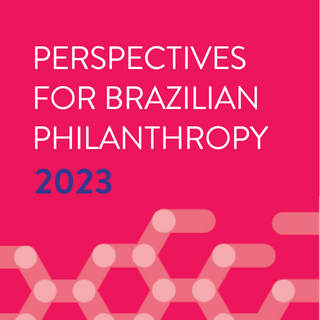

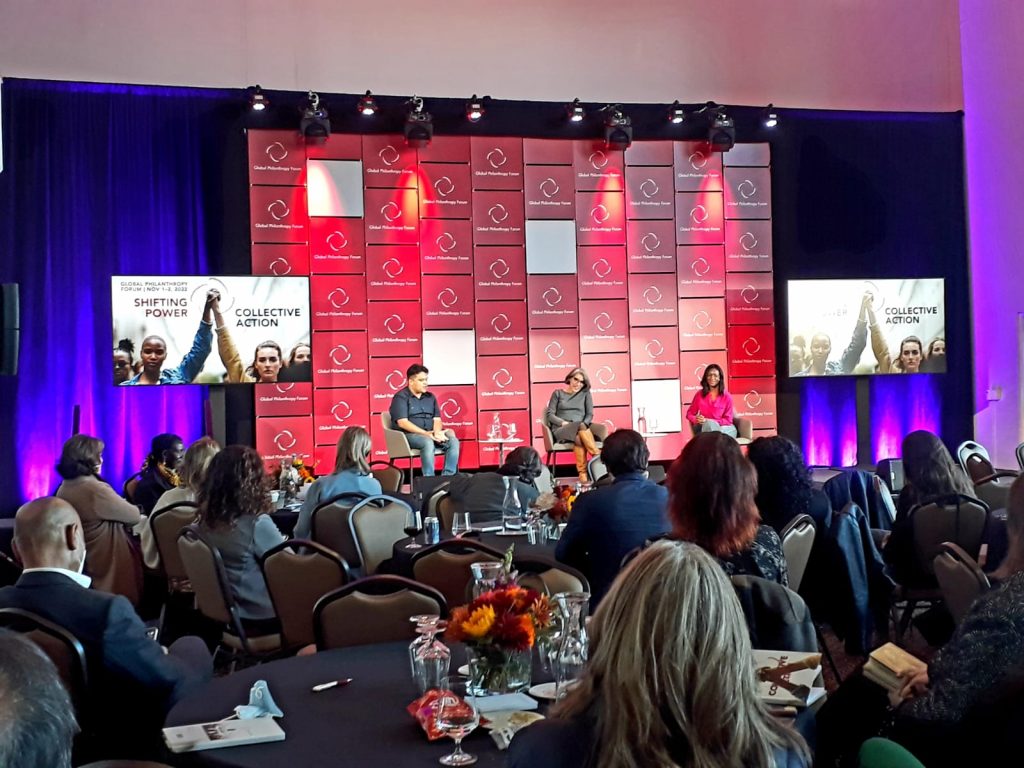

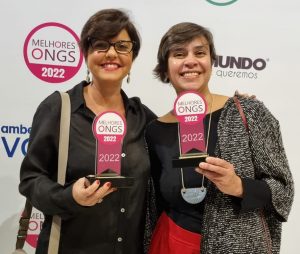 “Receiving these awards makes me very emotional and fulfilled! We made many investments in people, processes and tools to strengthen our projects, and ending the year with this recognition reinforces that we are on the right path”, says Paula Fabiani, CEO of IDIS. “This is the result of the dedication of our team and council, in addition to the trust placed by our partners”, she adds.
“Receiving these awards makes me very emotional and fulfilled! We made many investments in people, processes and tools to strengthen our projects, and ending the year with this recognition reinforces that we are on the right path”, says Paula Fabiani, CEO of IDIS. “This is the result of the dedication of our team and council, in addition to the trust placed by our partners”, she adds.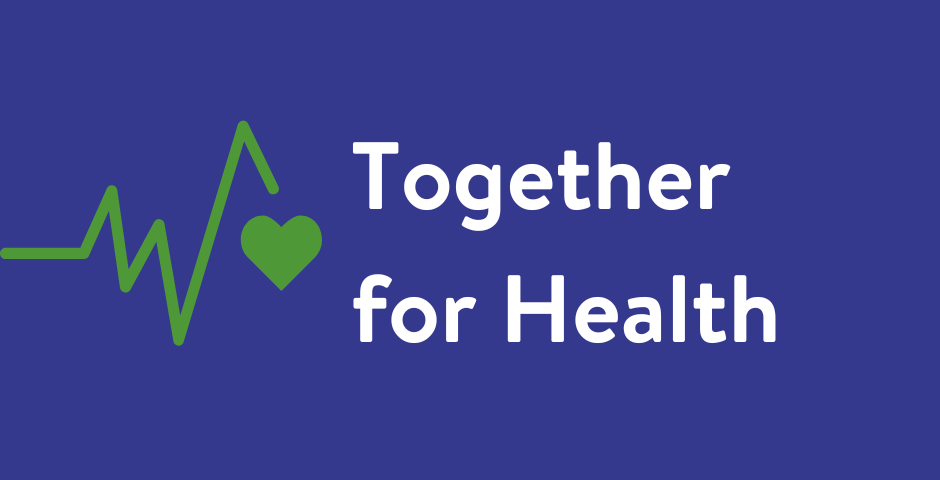
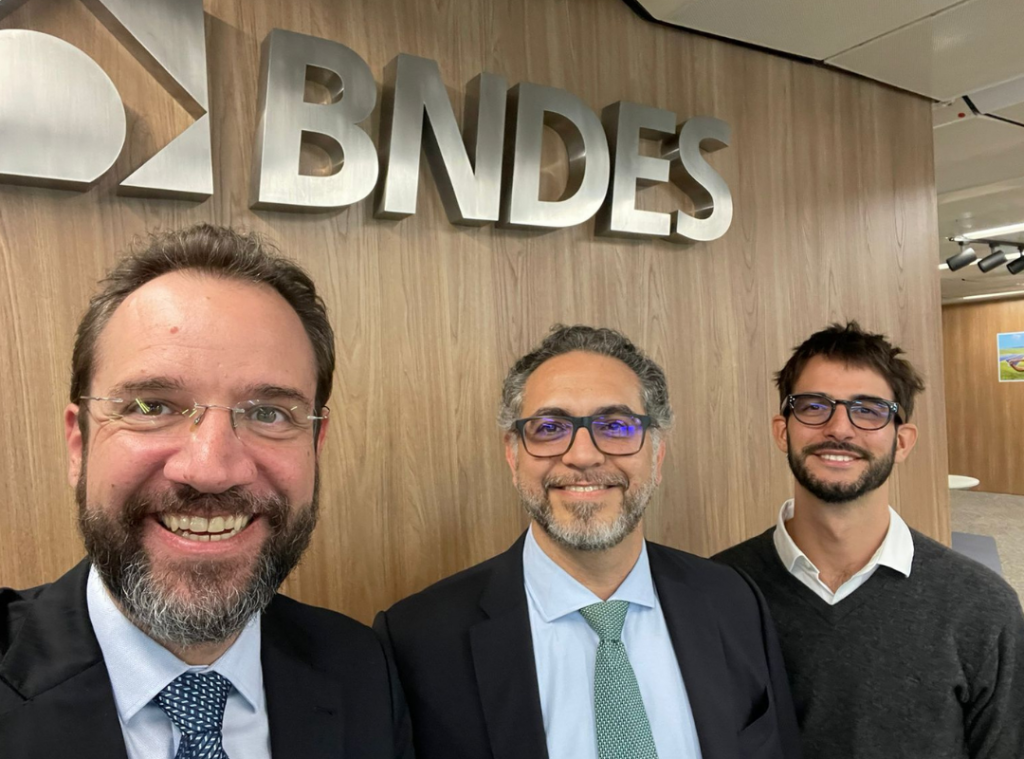
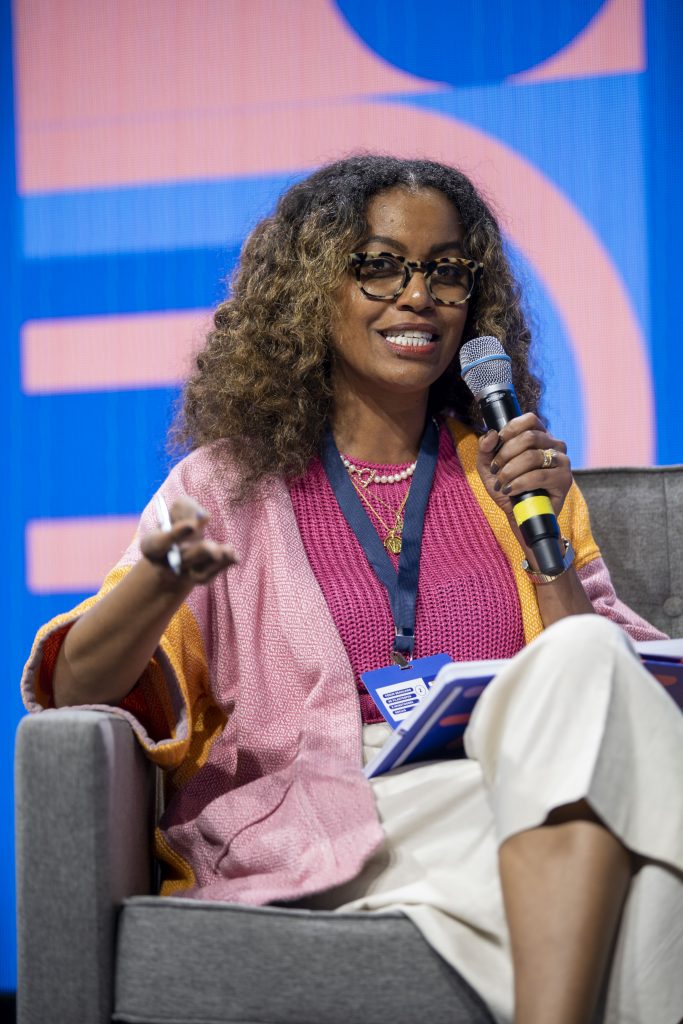
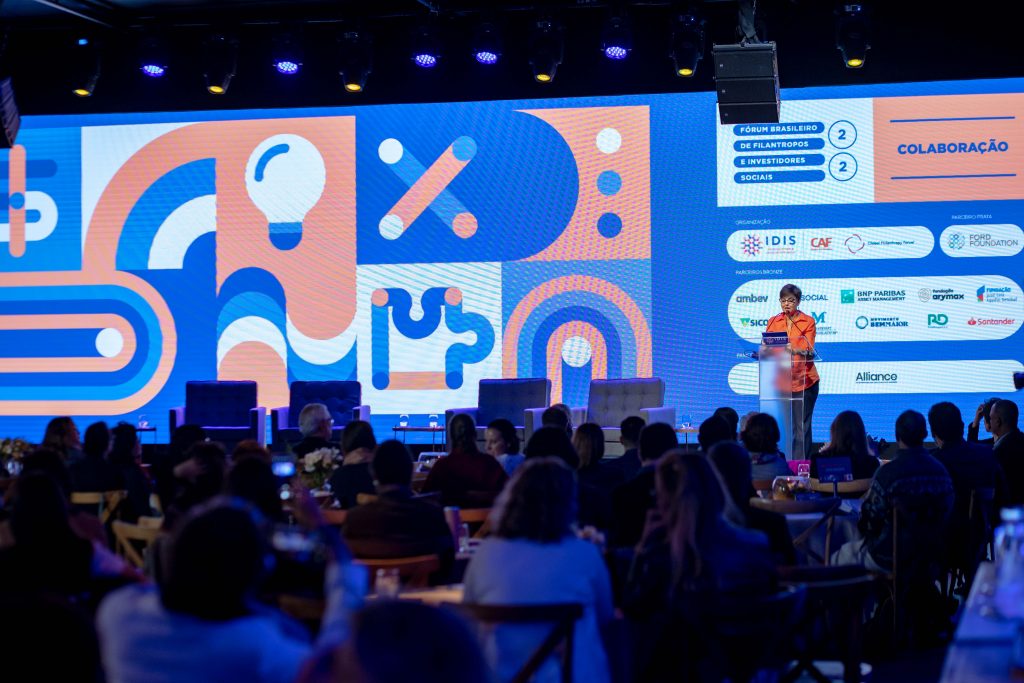
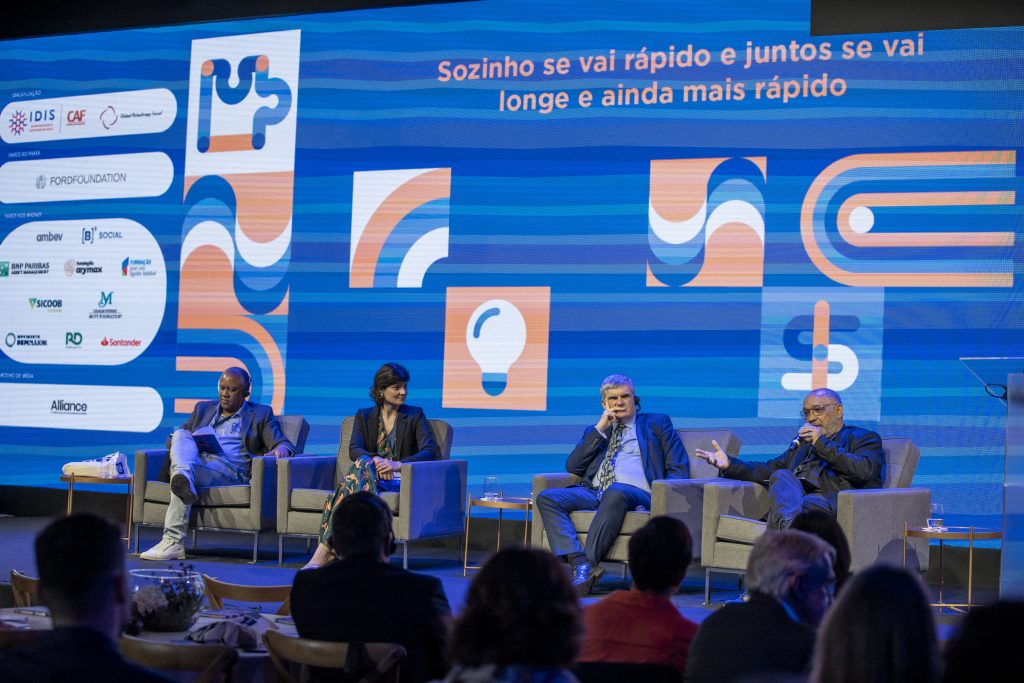
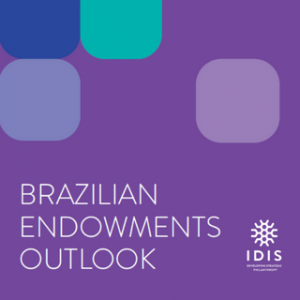 It was the urge to answer these questions, and many others, that led IDIS to develop the BRAZILIAN ENDOWMENTS OUTLOOK. After more than ten years of advocating for the regulation of endowment funds in our country, providing technical support for the creation of more than ten funds, and launching six publications on the subject, we wanted to have a clear picture of how far we have come.
It was the urge to answer these questions, and many others, that led IDIS to develop the BRAZILIAN ENDOWMENTS OUTLOOK. After more than ten years of advocating for the regulation of endowment funds in our country, providing technical support for the creation of more than ten funds, and launching six publications on the subject, we wanted to have a clear picture of how far we have come.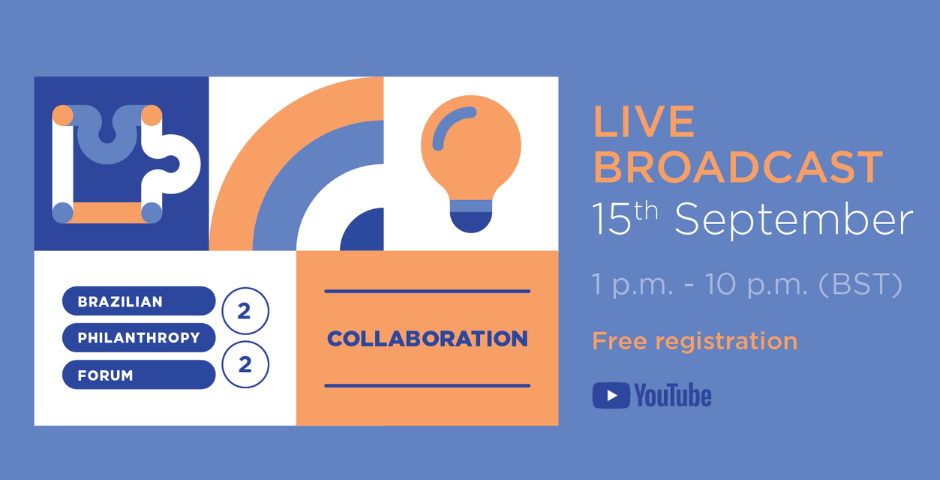

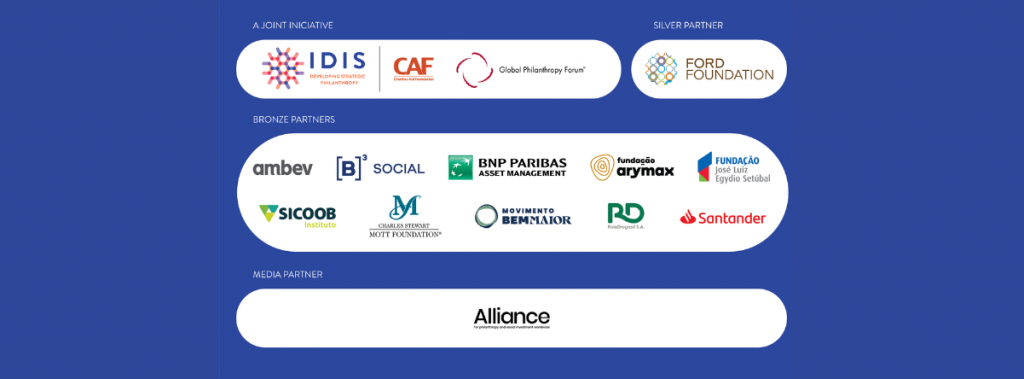
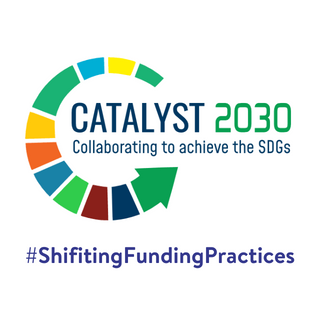 The action aims to gather 1,000 signatures worldwide, drawing attention to this important issue. As of May 25th, more than 500 organizations from 60 countries have signed the petition.
The action aims to gather 1,000 signatures worldwide, drawing attention to this important issue. As of May 25th, more than 500 organizations from 60 countries have signed the petition.
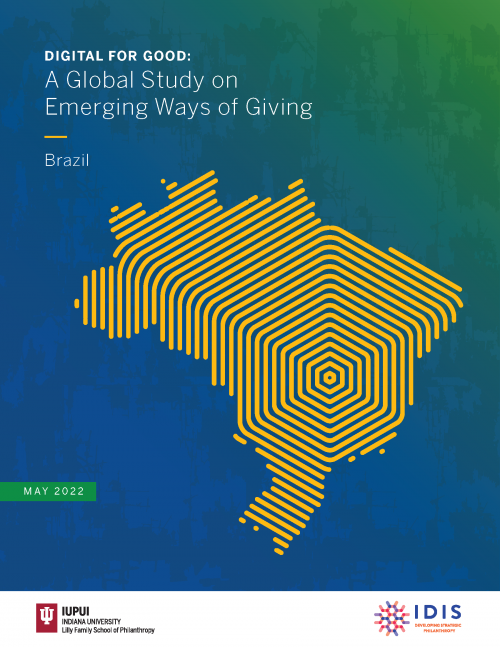 INDIANAPOLIS – Today the Indiana University Lilly Family School of Philanthropy at IUPUI launched its new research series, Digital for Good: A Global Study on Emerging Ways of Giving. The series will chronicle findings and insights regarding emerging trends in charitable giving, with a focus on how innovative giving methods such as mobile giving, crowdfunding, online volunteering, social impact initiatives and others are shaping giving in various countries.
INDIANAPOLIS – Today the Indiana University Lilly Family School of Philanthropy at IUPUI launched its new research series, Digital for Good: A Global Study on Emerging Ways of Giving. The series will chronicle findings and insights regarding emerging trends in charitable giving, with a focus on how innovative giving methods such as mobile giving, crowdfunding, online volunteering, social impact initiatives and others are shaping giving in various countries.